
In today's fast-paced world, stress and anxiety have become a common struggle for many people. This growing mental health concern affects millions of individuals, causing a significant impact on their quality of life. One potential way to combat anxiety and improve mental wellness is by engaging in self-care activities, such as bath relaxation. Bathtub hydrotherapy, in particular, has shown promising results in helping alleviate anxiety and promote relaxation. In this comprehensive guide, we will explore bathtub hydrotherapy for anxiety, its benefits, and tips for creating the perfect therapeutic bath experience.
What is Bathtub Hydrotherapy?
Bathtub hydrotherapy, also known as aquatic therapy or water therapy, is an age-old practice that involves using water in various forms and temperatures to promote relaxation, relieve stress, and improve overall well-being. It harnesses the natural therapeutic properties of water, incorporating techniques such as hydro massage, mineral soaks, and aromatherapy to help users unwind and indulge in a rejuvenating experience.
The History of Hydrotherapy
The use of water for therapeutic purposes can be traced back thousands of years, with Greek, Roman, and Egyptian civilizations considering baths as essential for physical and mental health. Ancient Greeks built public baths for socialization and relaxation, and Romans were known for their elaborate bathhouses that incorporated elements of hydrotherapy. In recent years, hydrotherapy has evolved into more accessible forms, with bathtub hydrotherapy becoming a popular choice for those seeking the benefits of water-based relaxation in the comfort of their own homes.
How Does Bathtub Hydrotherapy Help with Anxiety?
Reducing anxiety can be achieved through various methods, including psychotherapy, medication, and self-care practices. Bathtub hydrotherapy provides a natural and holistic approach to managing anxiety, targeting both the body and mind to improve emotional health and create a sense of calm. Here are several ways hydrotherapy assists in the alleviation of anxiety symptoms:
Physical Relaxation
Warm water soothes tense muscles and boosts circulation, promoting relaxation and easing aches and pains. Submerging oneself in a warm bath triggers the body's response to increase endorphin production, which helps to reduce anxiety and induce a feeling of well-being.
Mental Relaxation
Setting aside dedicated time for bath relaxation offers an opportunity to unplug from daily stressors and indulge in self-care. This mindfulness practice helps individuals focus on their physical sensations, shift their thoughts away from anxiety-provoking subjects, and achieve a sense of calm and serenity.
Sensory Stimulation
By incorporating elements such as soothing scents, pleasing visuals, and calming audio, bathtub hydrotherapy sessions can engage multiple senses, creating an immersive and therapeutic experience. Sensory-based relaxation techniques have been shown to reduce anxiety symptoms and support mental well-being.
Tips to Enhance Your Bathtub Hydrotherapy Experience
To get the most out of your bathtub hydrotherapy sessions, it's essential to create an inviting and relaxing environment. Here are some tips to help you elevate your bath experience:
- Choose the right temperature: Warm water, typically around 97-104°F (36-40°C), is ideal for relaxation and muscle relief. However, individual preferences vary, so be sure to find the perfect temperature for your body's needs.
- Create a peaceful ambiance: Set the mood with dim lighting, candles, or a relaxing color palette to help calm the mind. Consider adding some nature-inspired elements, such as plants or natural materials like wood and stone.
- Set the scene with aromatherapy: Scent has a powerful effect on our mood and emotional state. Adding essential oils or bath salts infused with calming scents, like lavender or chamomile, to your bath can further enhance relaxation and alleviate anxiety.
- Incorporate hydro massage: Adding a bath pillow can provide extra comfort and support during your hydrotherapy session, allowing you to sink deeper into relaxation. Additionally, consider investing in a jetted tub or a handheld shower attachment for a massage-like experience.
- Incorporate mindfulness and relaxation techniques: Use your bath time as an opportunity for mindfulness practice, focusing on your breath and the soothing sensations of the water. Incorporate deep breathing, visualization, or guided meditation to help reduce anxiety and promote a sense of peace.
- Incorporate soothing sounds: Soft, calming music or nature sounds can help to create an even more immersive and tranquil experience.
Conclusion
Bathtub hydrotherapy for anxiety offers a holistic approach to mental wellness, utilizing the soothing properties of water to induce relaxation and alleviate stress. By incorporating elements such as hydro massage, aromatherapy, and mindfulness techniques, individuals can create a truly immersive and therapeutic experience in their own homes. Don't underestimate the power of water and the art of bath relaxation in your journey toward better emotional well-being.
For more information on enhancing your bath experience, check out the following resources:
- The Ultimate Bath Pillow for Tub: A Game Changer for Your Relaxation Routine
- Elevate Your Bathing Experience with a Luxury Bath Pillow
- The Ultimate Relaxing Bath Experience: Transform Your Tub Into a Haven
- The Ultimate Guide to Tub Pillows: Elevate Your Bath Experience
- Bath Cushion: Enhance Your Bathing Experience and Eliminate Discomfort
- Luxury Bathroom: Your Ultimate Guide to Creating an At-Home Spa Oasis
- Luxury Shower: Transform Your Bathroom into a Personal Spa
- Creating a Luxurious Spa Experience in Your Bathtub
- How Bath Salts Aid in Relaxation: Unlocking the Benefits of a Calming Soak
- Using Bath Time for Mindfulness Practices
Frequently Asked Questions
Does hydrotherapy help with anxiety?
Yes, hydrotherapy is known to help with anxiety by providing a relaxing and soothing experience. It uses the therapeutic properties of water to induce physical and mental relaxation, thereby alleviating stress and anxiety symptoms. By incorporating hydro massage, aromatherapy, and mindfulness techniques, individuals can create a truly immersive and therapeutic experience.
Can hydrotherapy help mental health?
Hydrotherapy can be an effective complementary treatment for various mental health conditions, including anxiety, stress, and depression. It promotes relaxation, enhances mood, and stimulates the production of feel-good hormones, which can help improve overall mental well-being. While hydrotherapy alone may not cure mental health issues, it can be an essential component of a holistic approach to mental health management.
How does hydrotherapy relieve stress?
Hydrotherapy relieves stress through several mechanisms:
- Physical relaxation: Warm water helps to relax muscles, improve circulation, and reduce bodily tension, which can contribute to stress relief.
- Mental relaxation: Engaging in bathtub hydrotherapy allows individuals to take a break from their daily stressors, focus on their physical sensations, and practice mindfulness to achieve a sense of calm and serenity.
- Sensory stimulation: Incorporating soothing scents, visuals, and sounds can create a relaxing environment that helps reduce stress and anxiety.
Is a bath or shower better for anxiety?
Both baths and showers can provide relaxation and stress relief. However, baths are typically considered more effective for anxiety due to their ability to allow for deeper immersion in warm water, promoting muscle relaxation and improving circulation. This sensation of being enveloped in water provides a sense of comfort and security that can help calm the mind. Moreover, baths also allow for a more extensive range of additions, such as bath salts, essential oils, and hydro massage features, enhancing the relaxation experience even further.
Incorporating elements like bath pillows, aromatherapy, and mindfulness practices can transform your bath time into a truly therapeutic experience for anxiety relief. While showers can still help with anxiety in a more time-efficient way, baths generally offer a more immersive and rejuvenating experience that has greater potential to reduce anxiety symptoms.

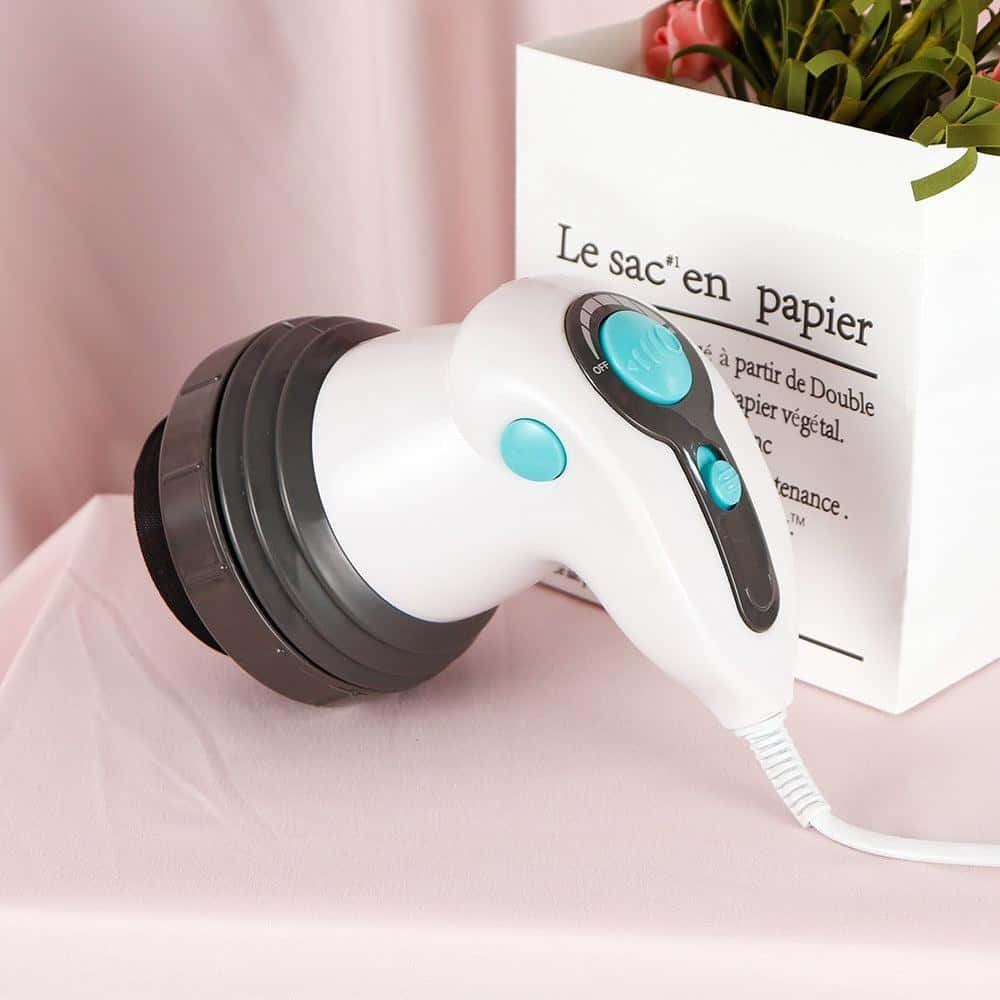
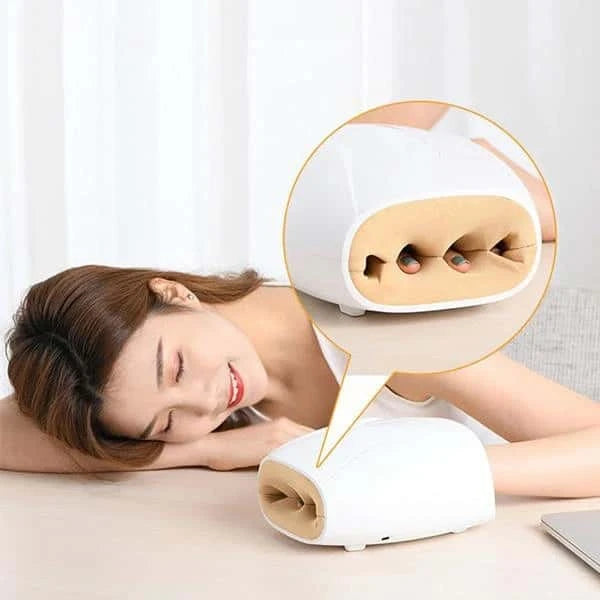
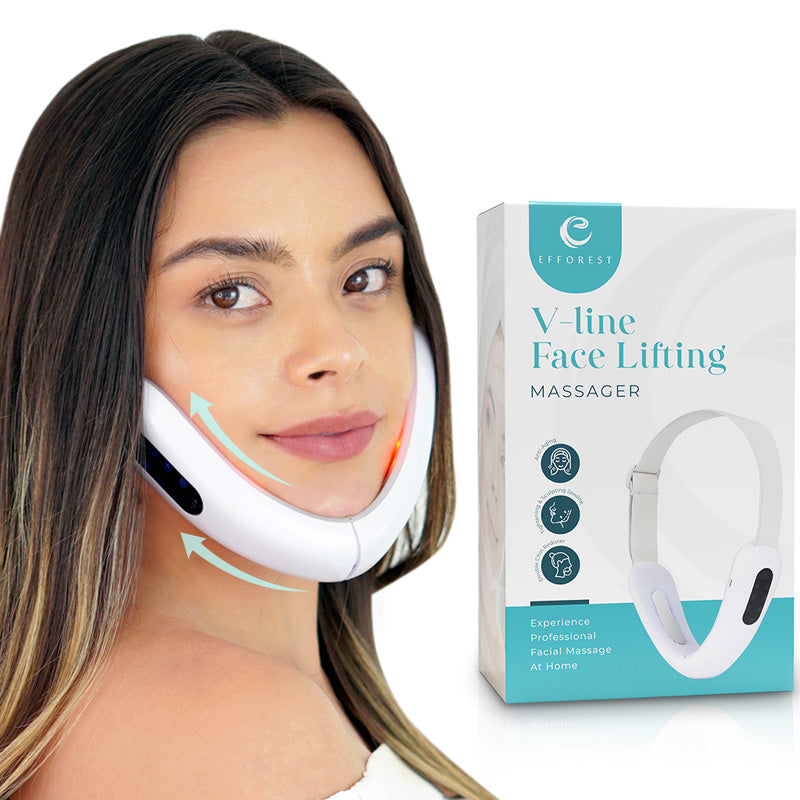



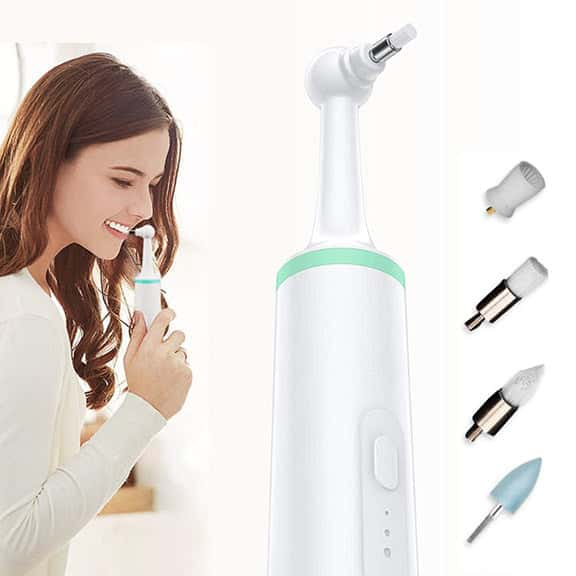
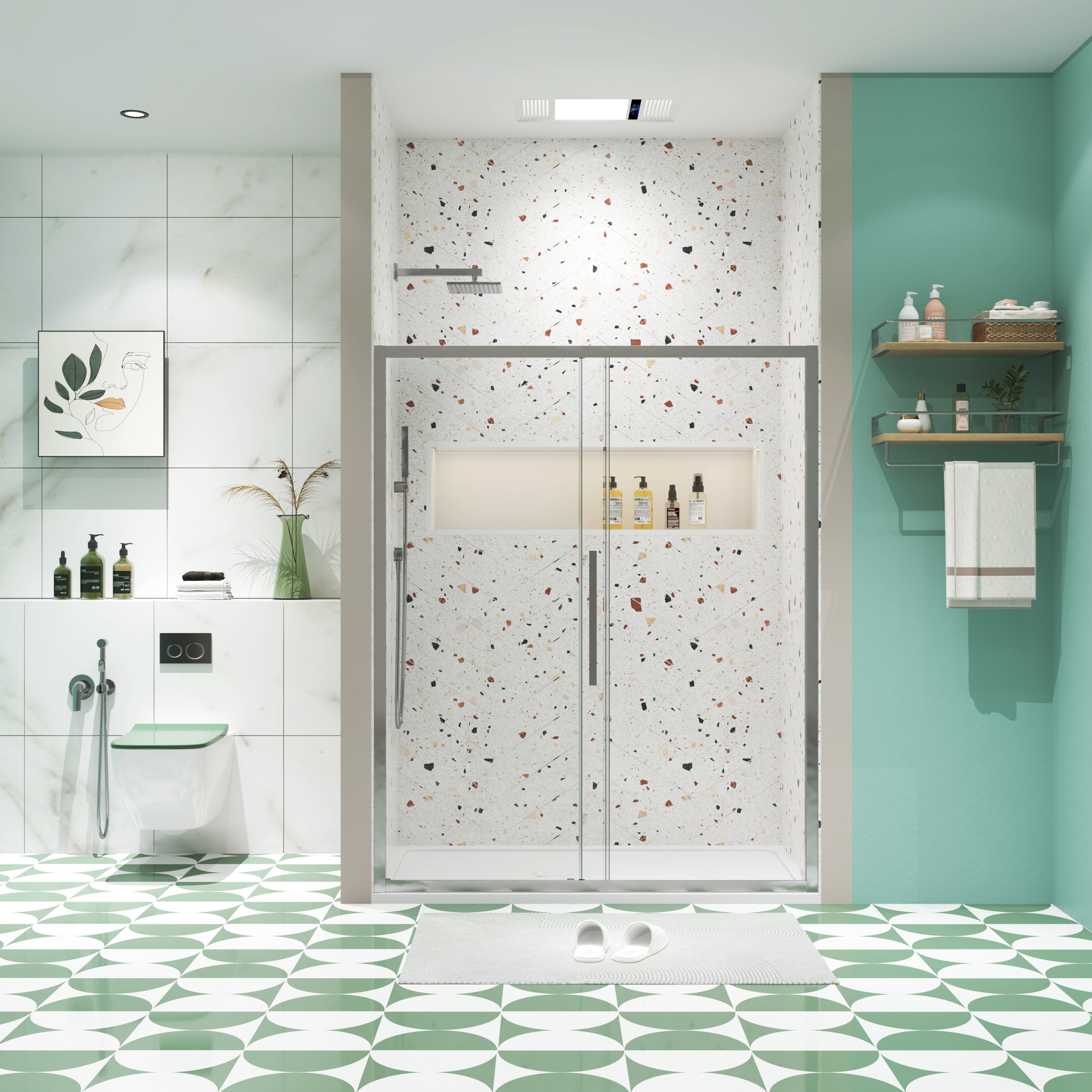
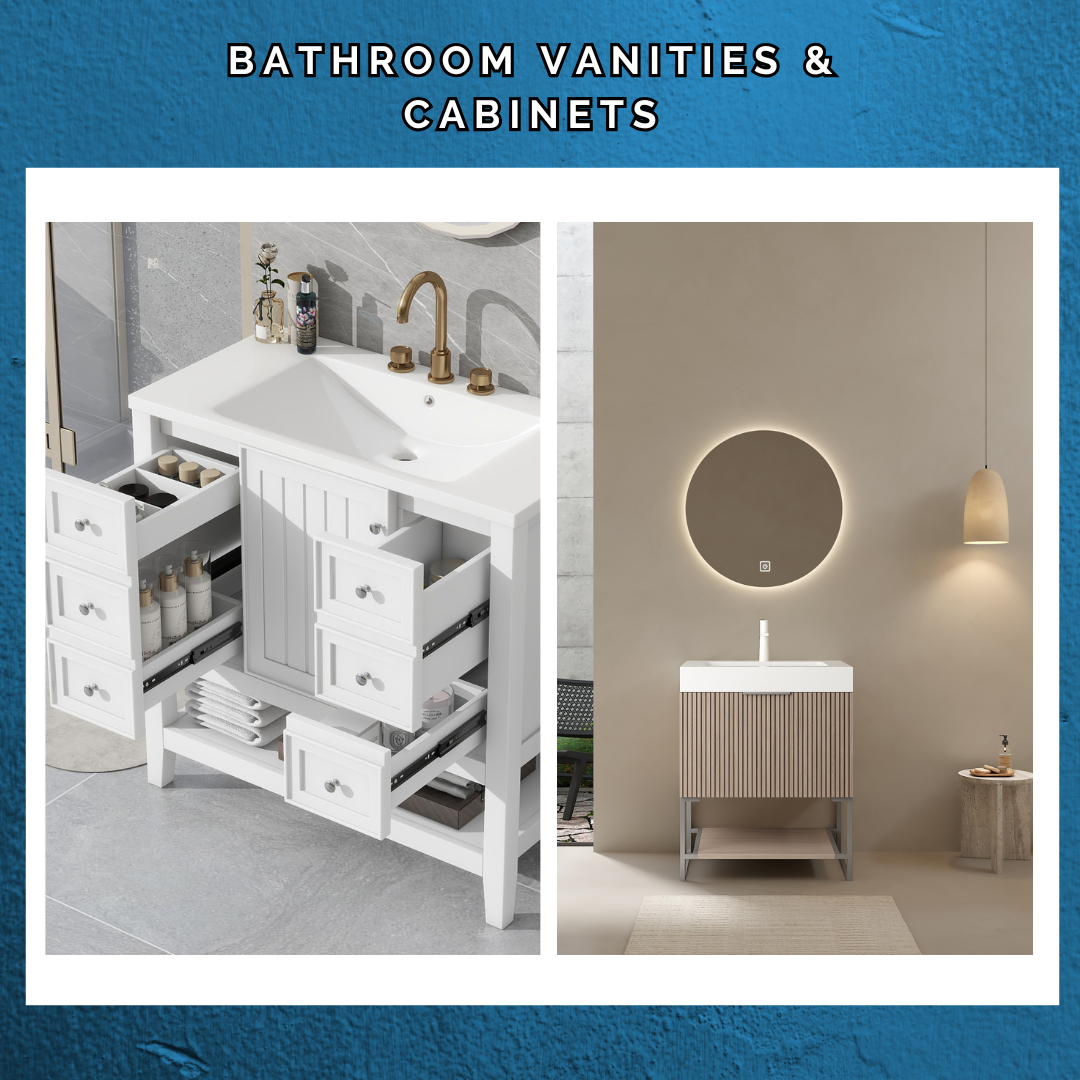
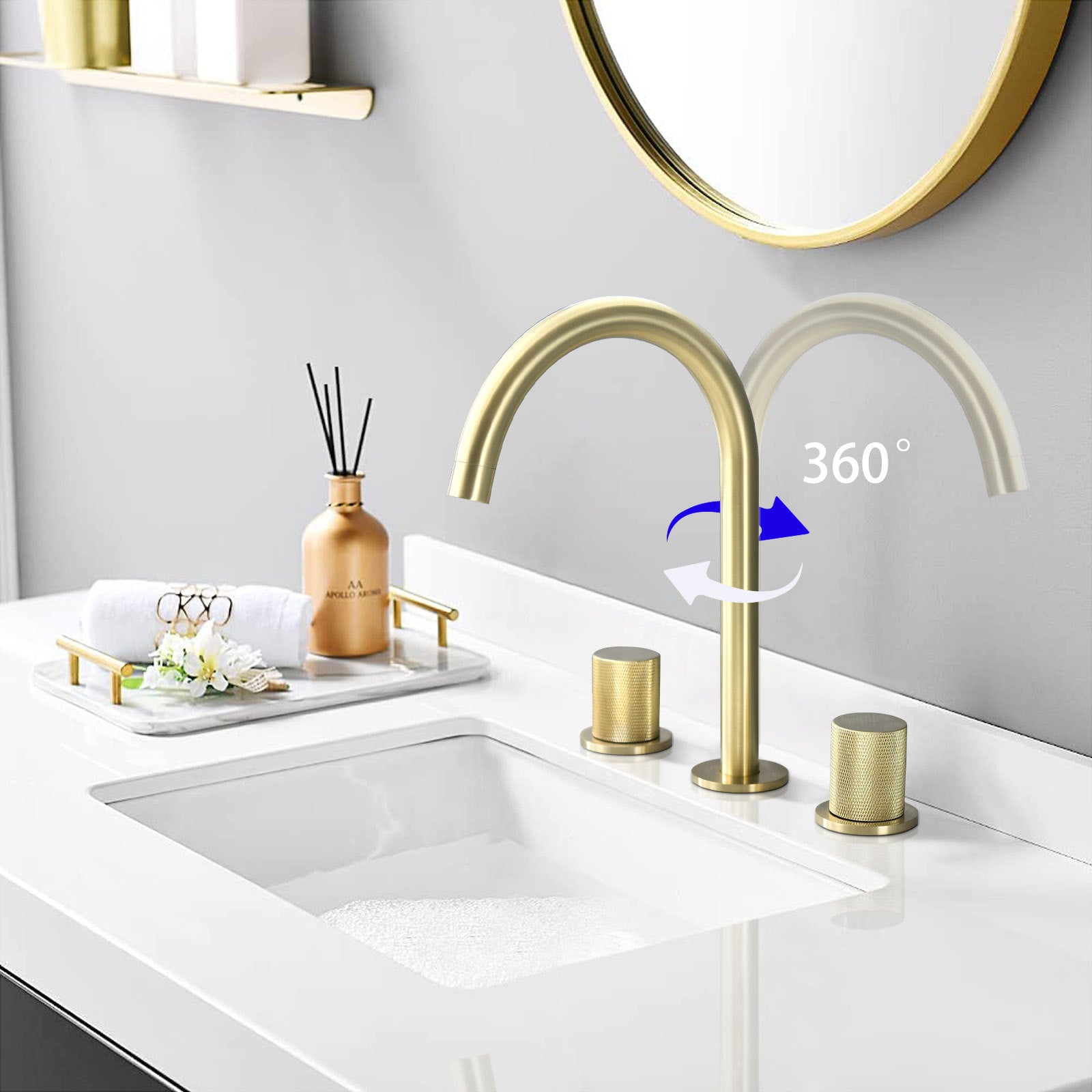
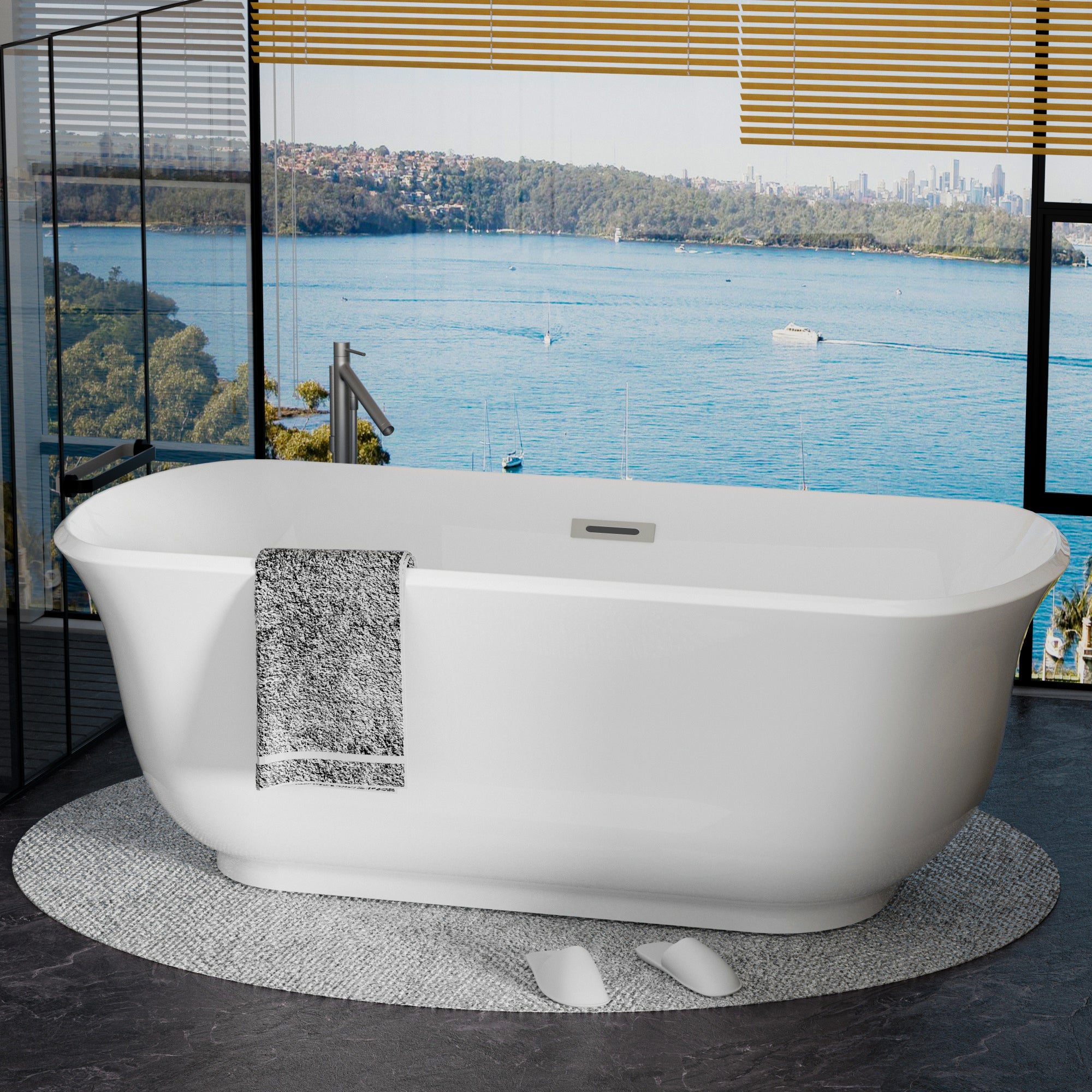
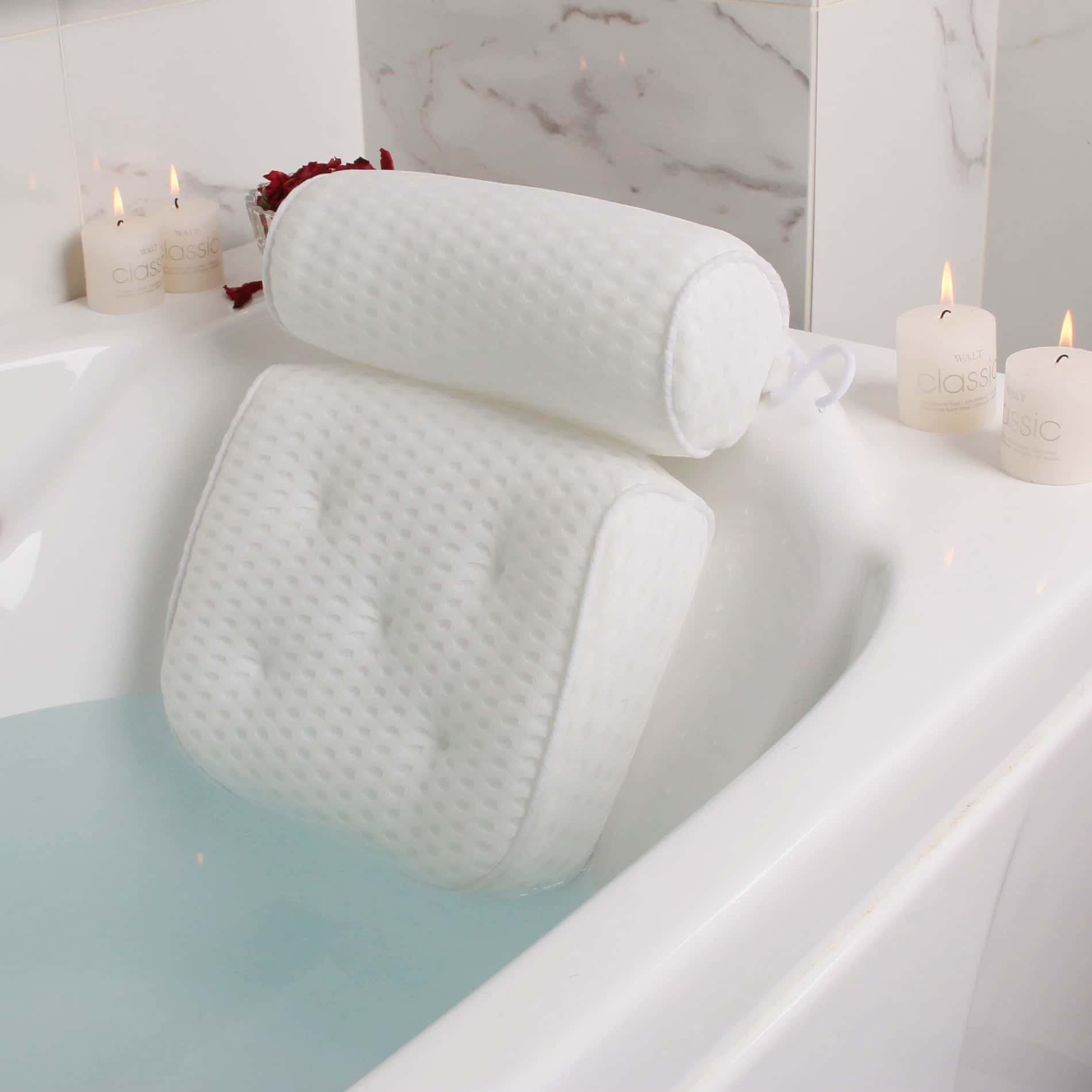
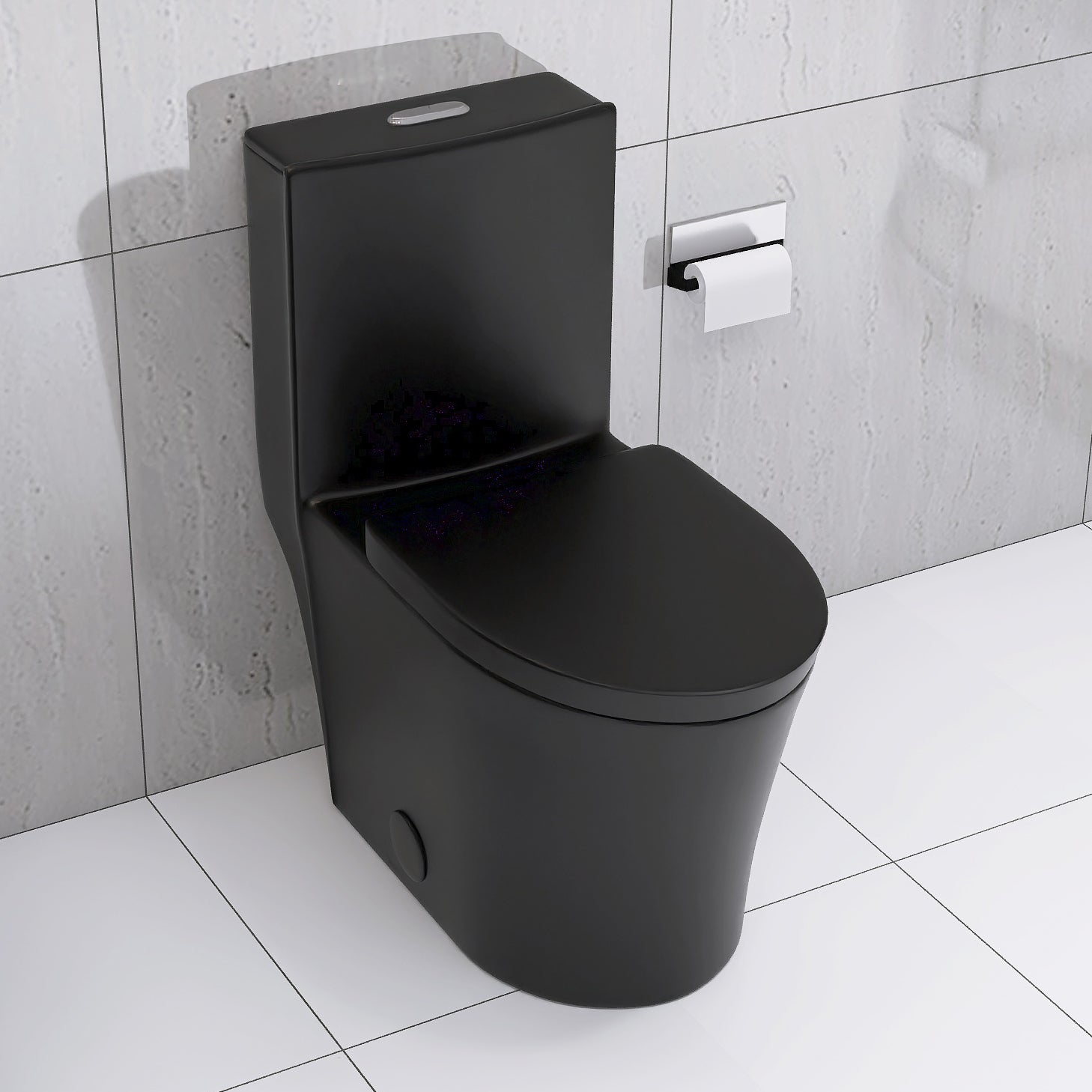
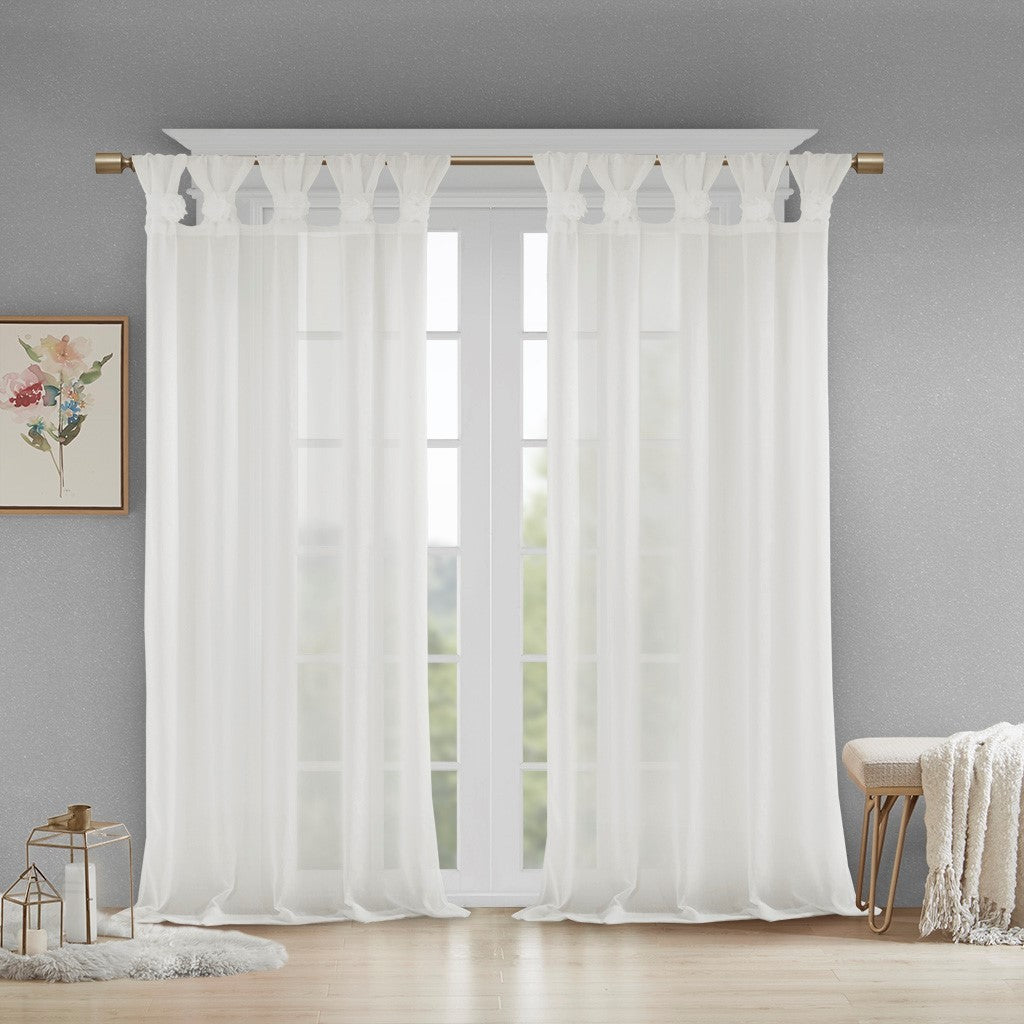
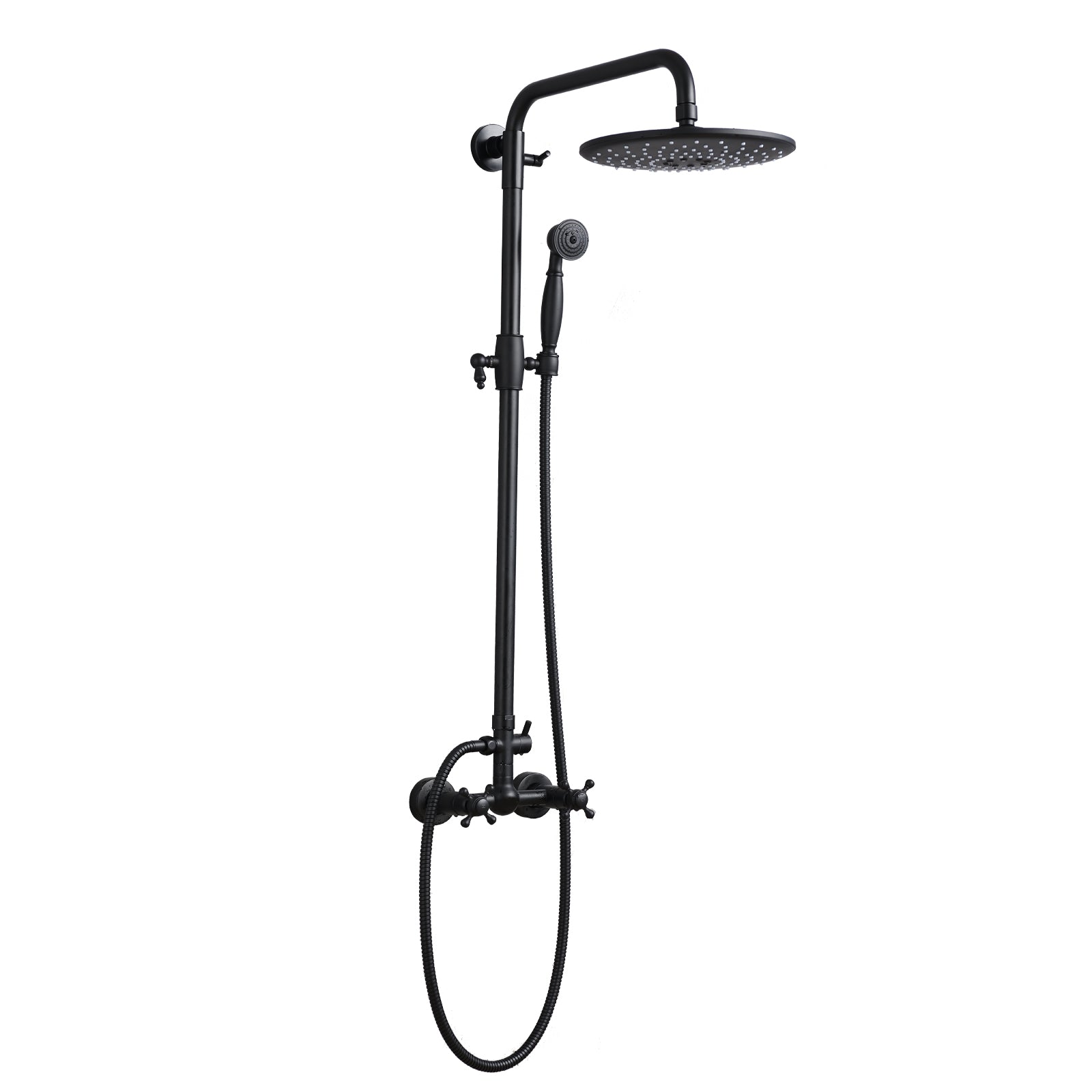






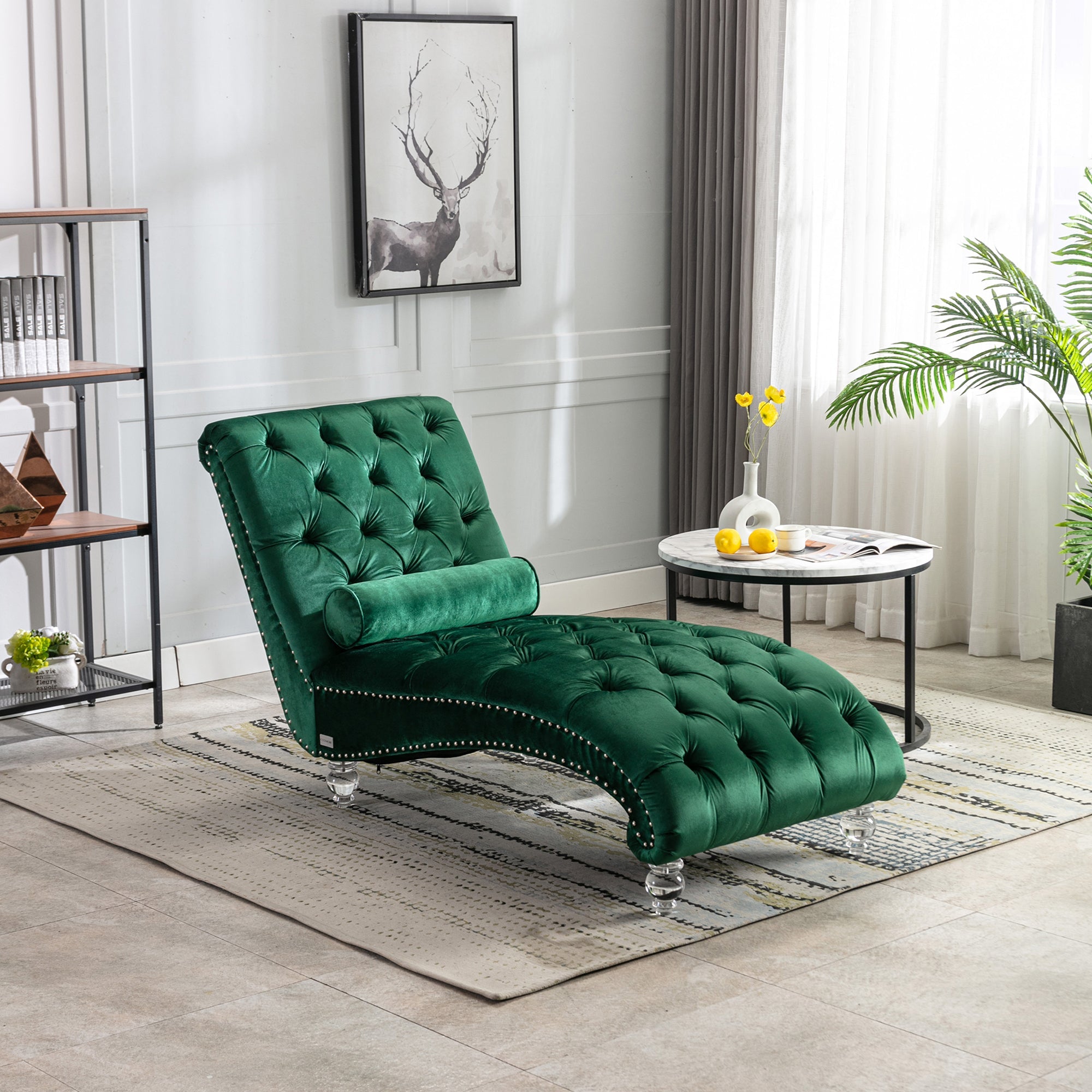




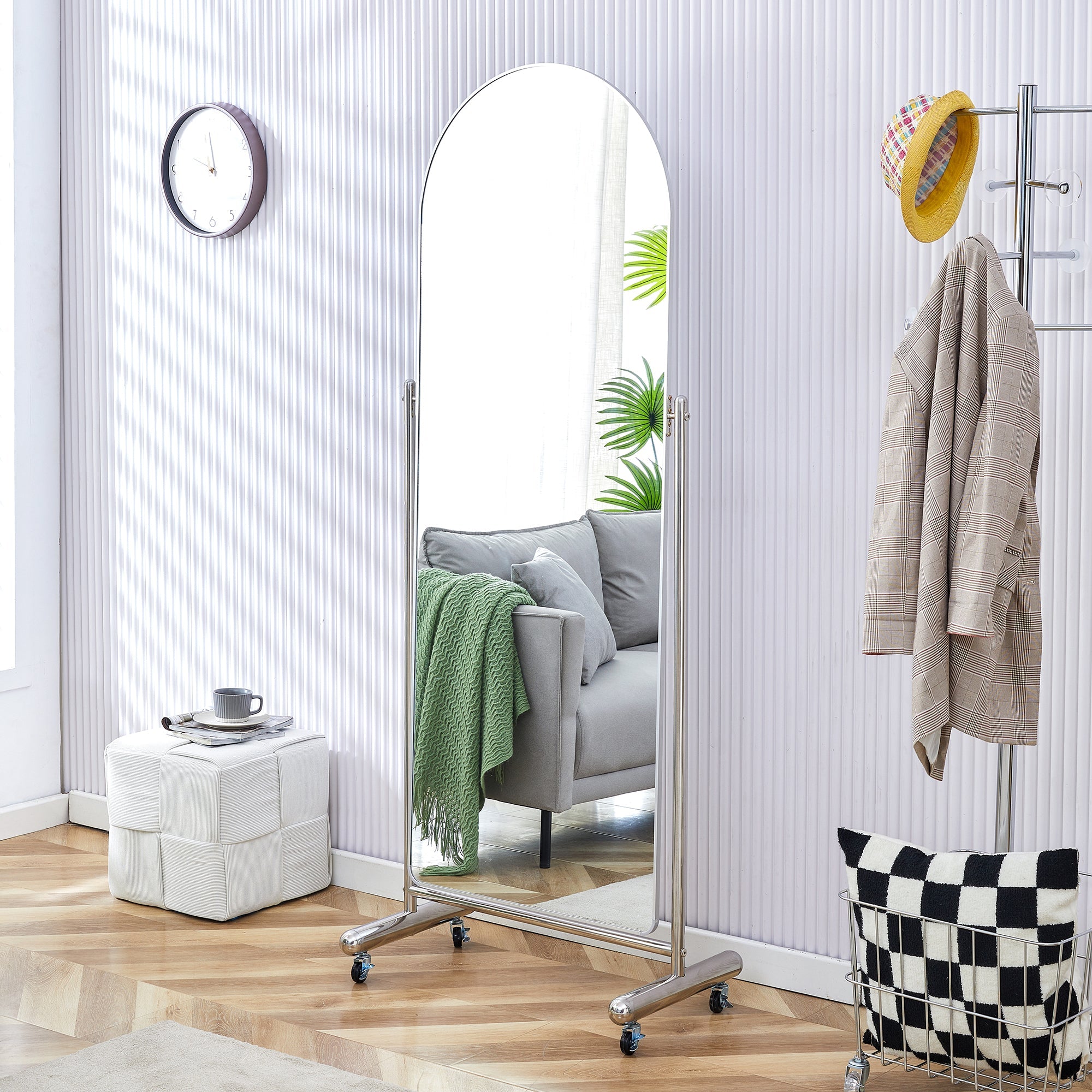


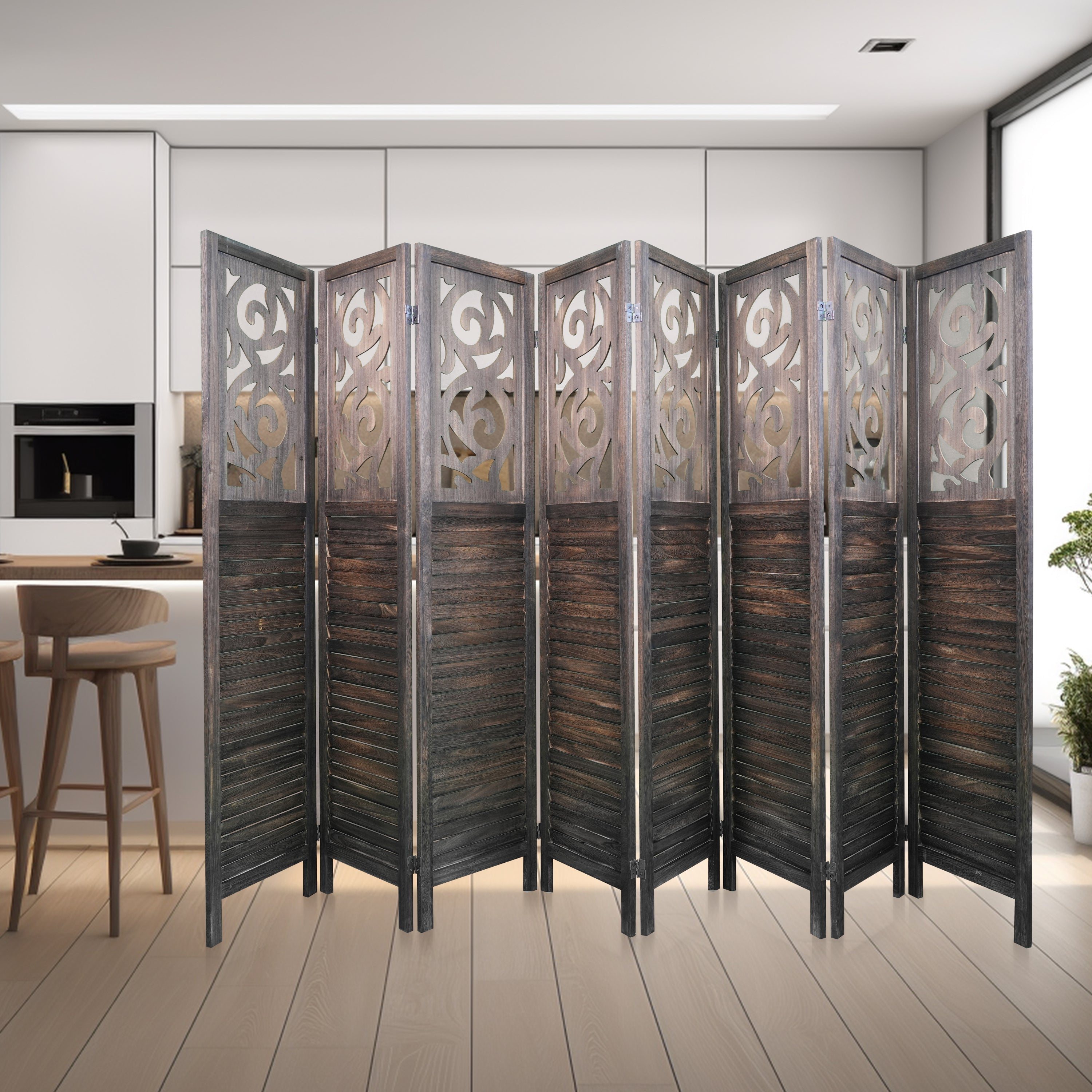

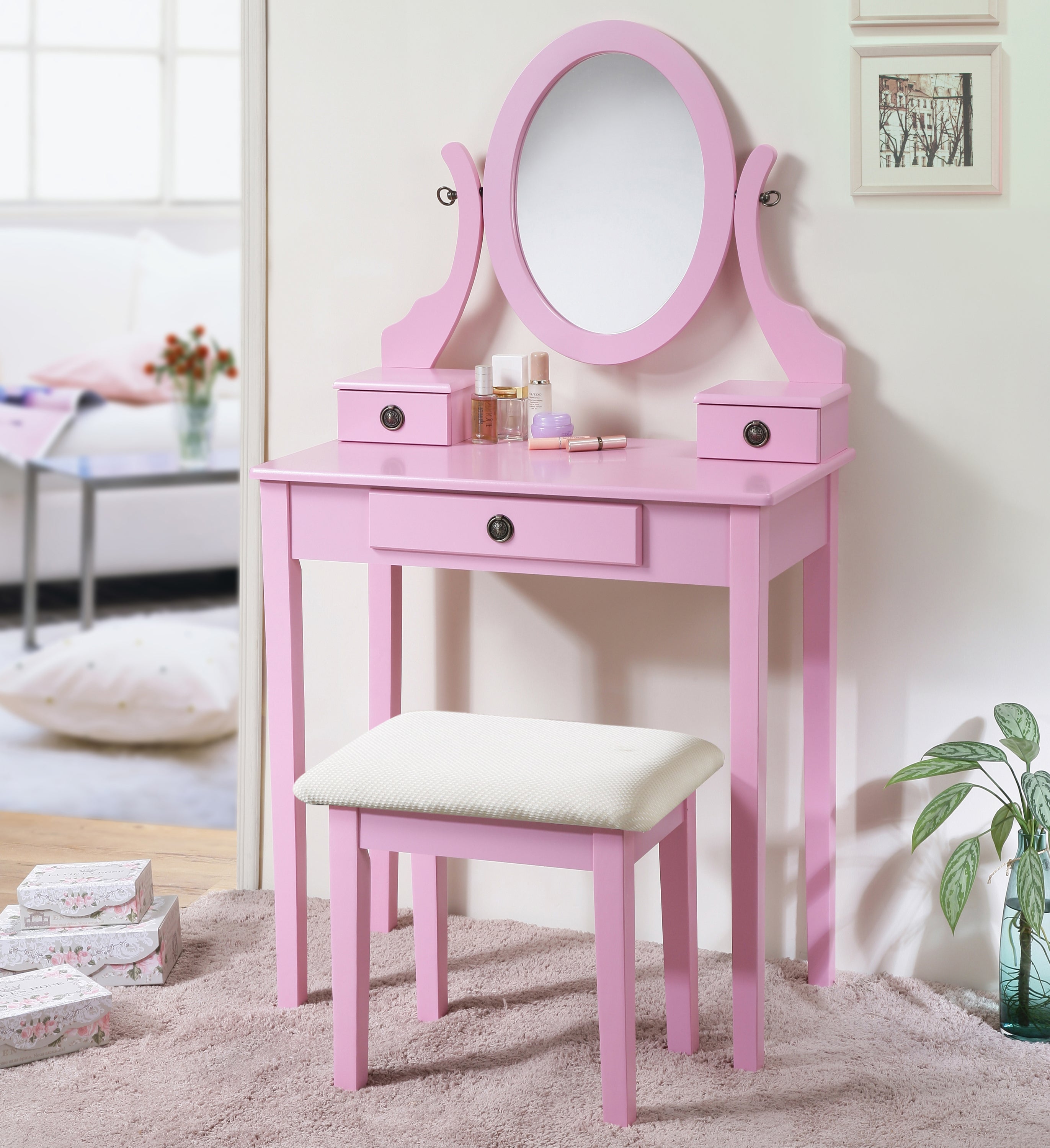
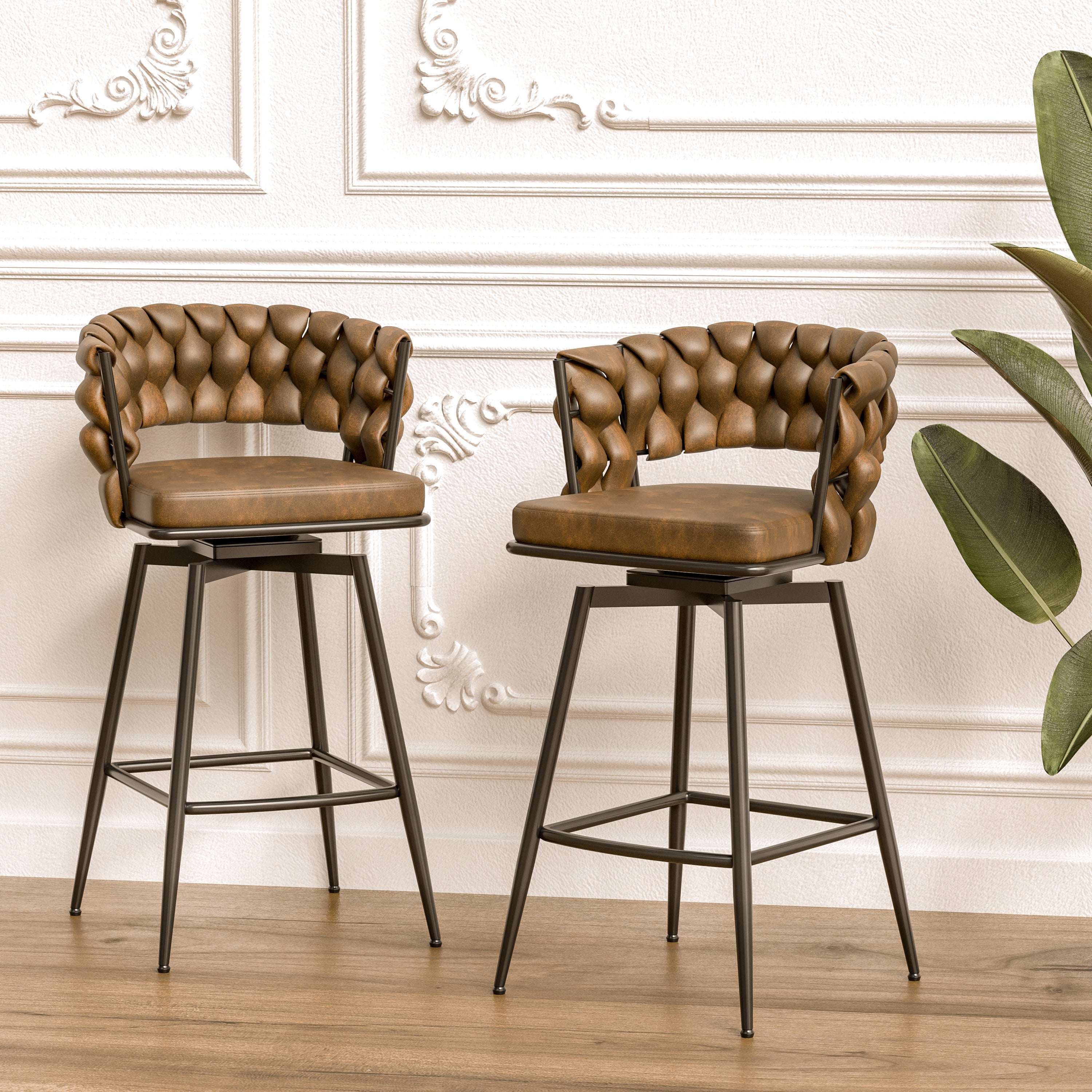
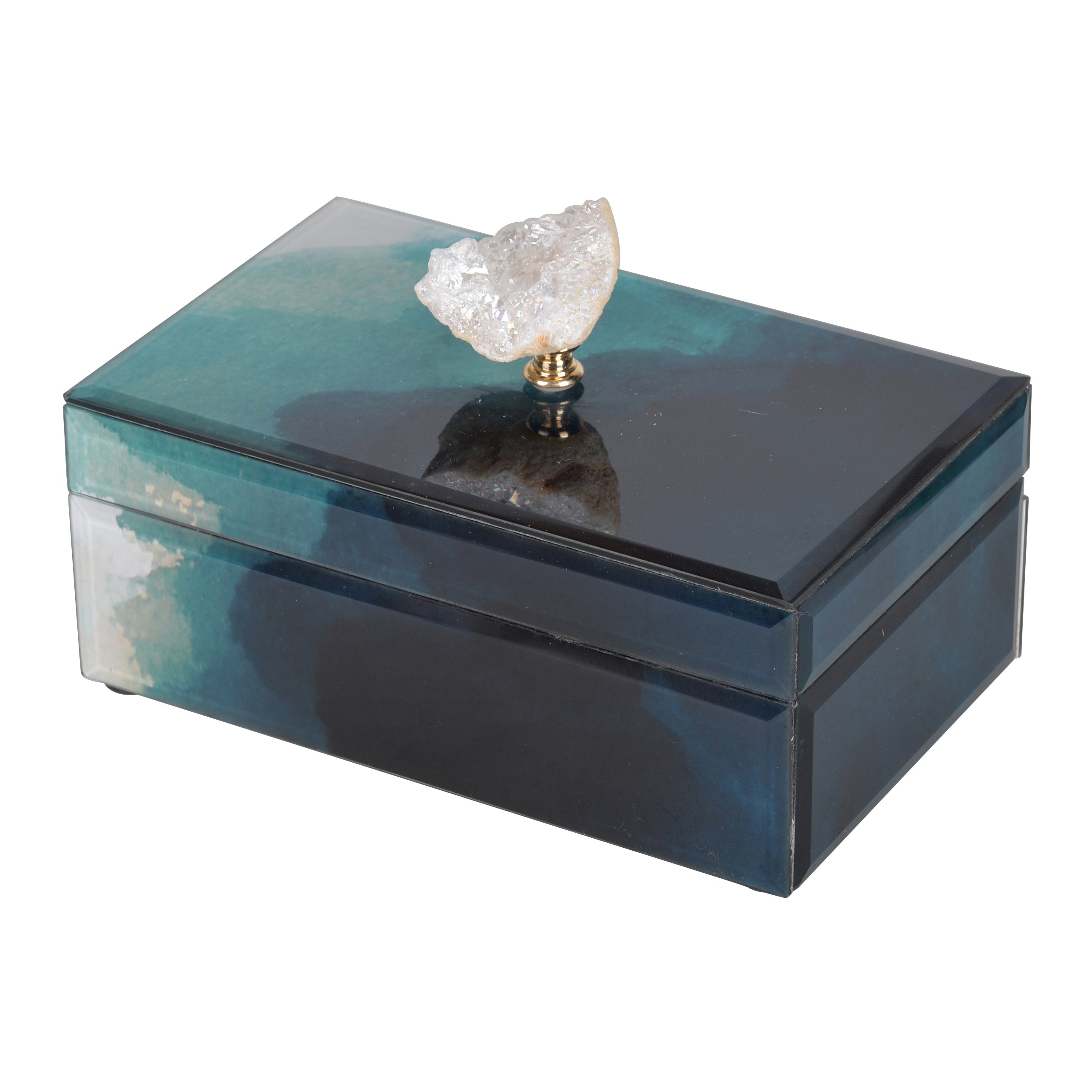
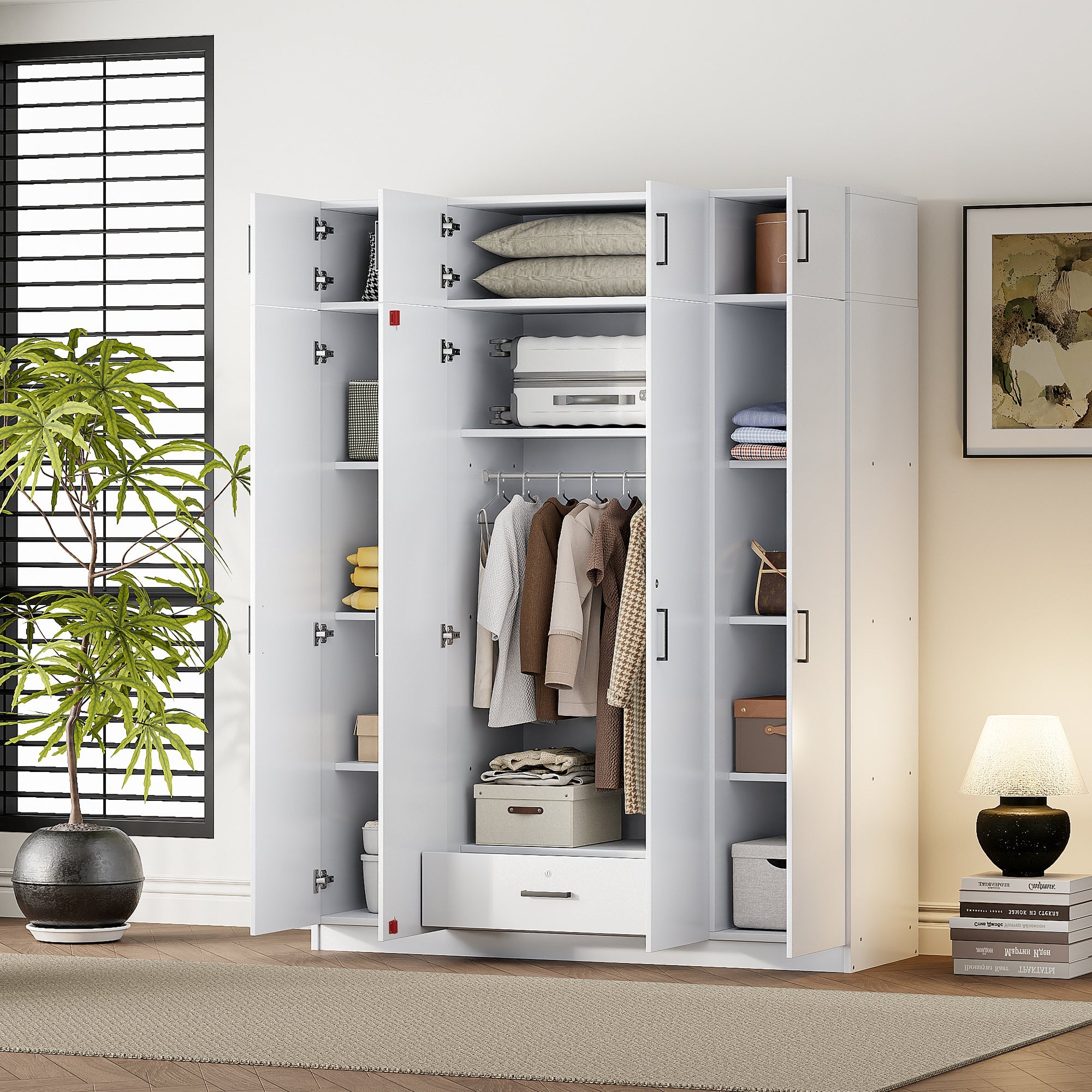
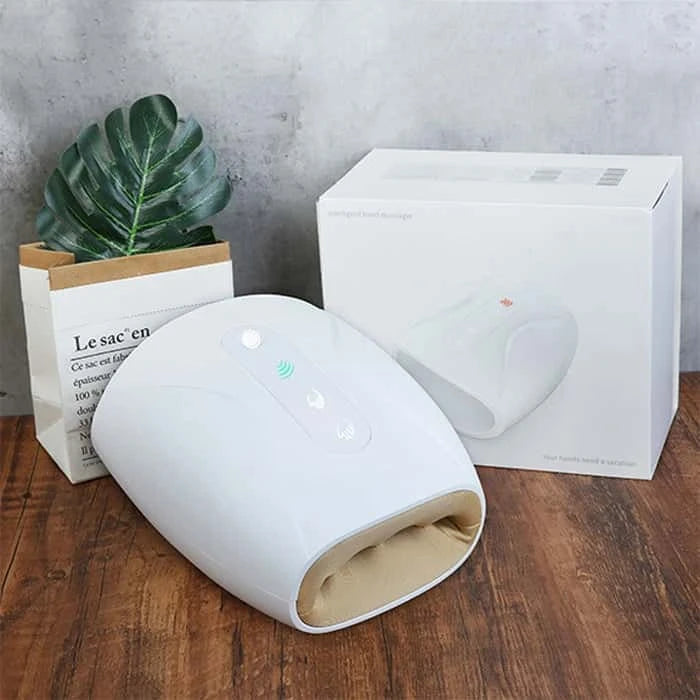

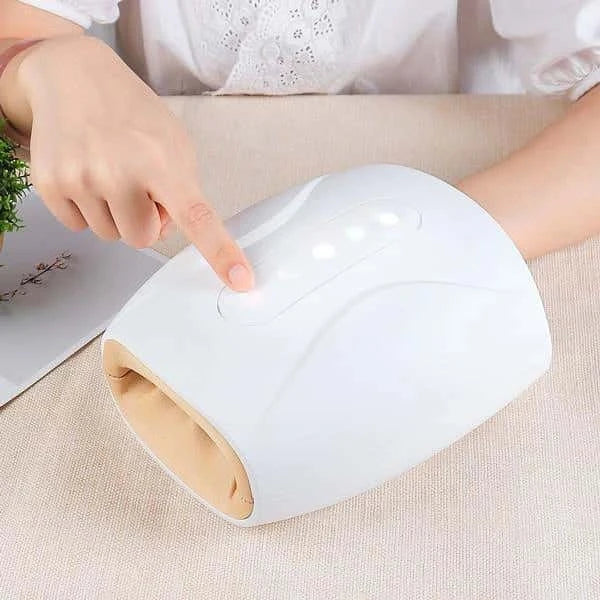
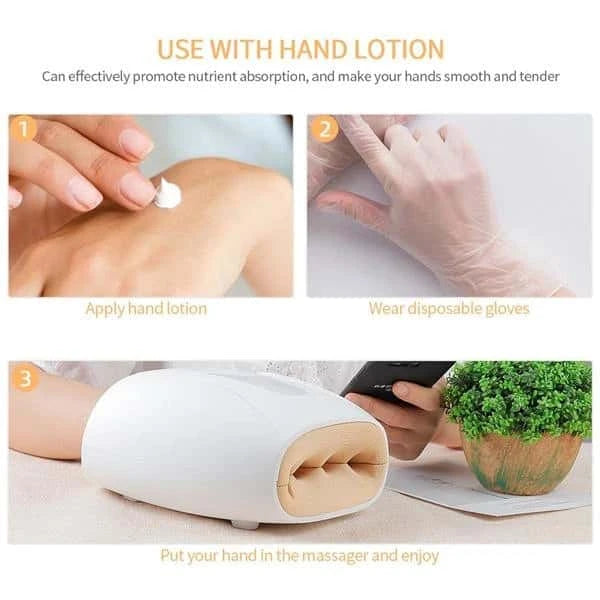

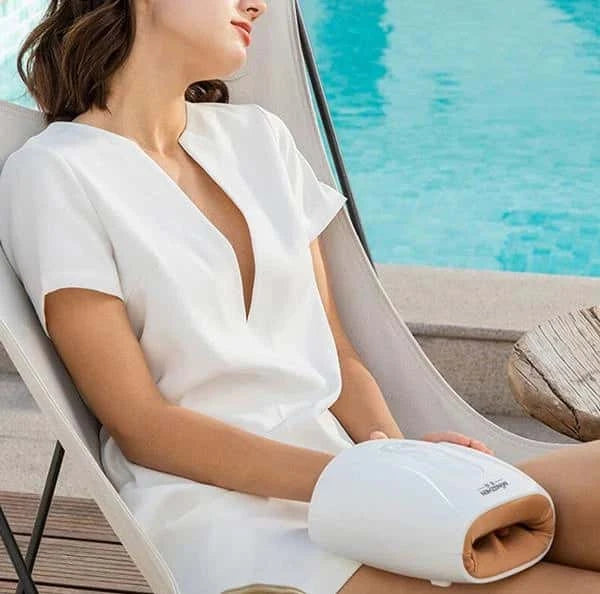


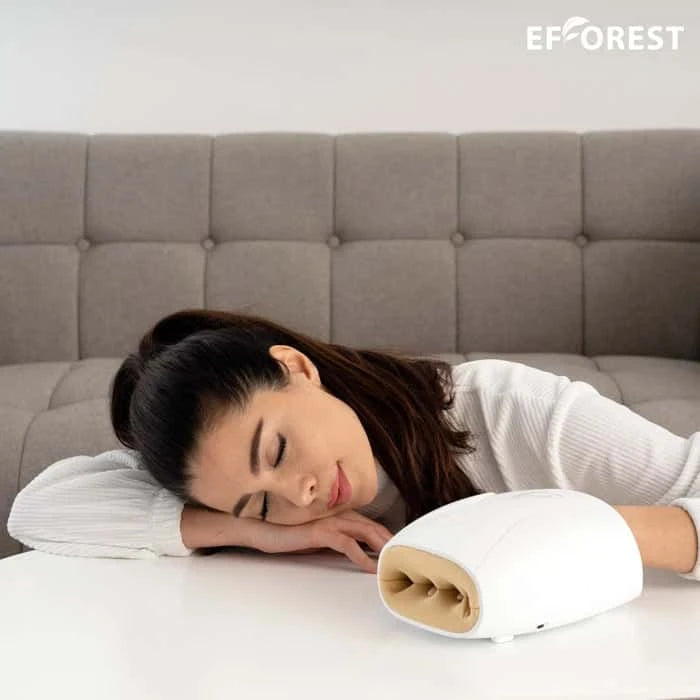








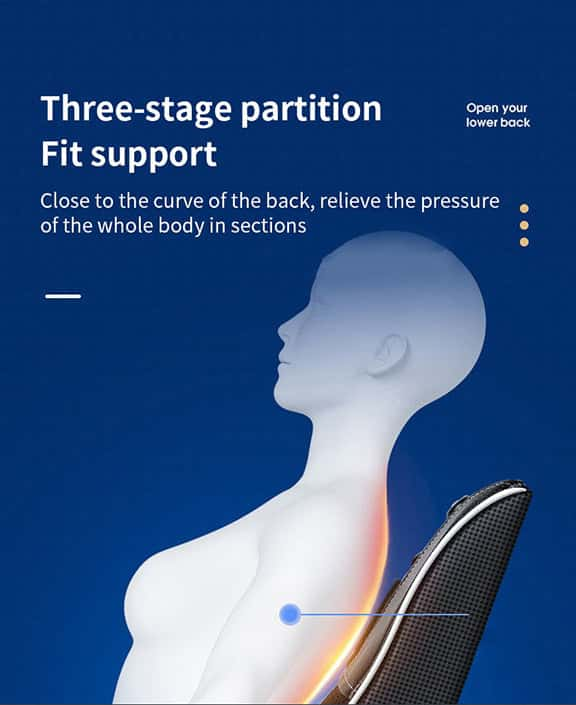
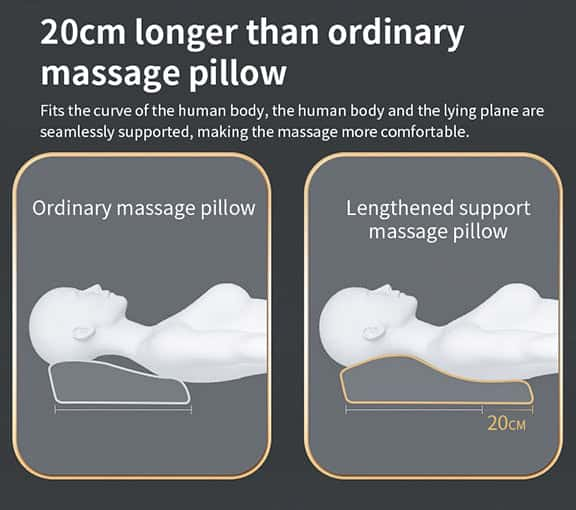


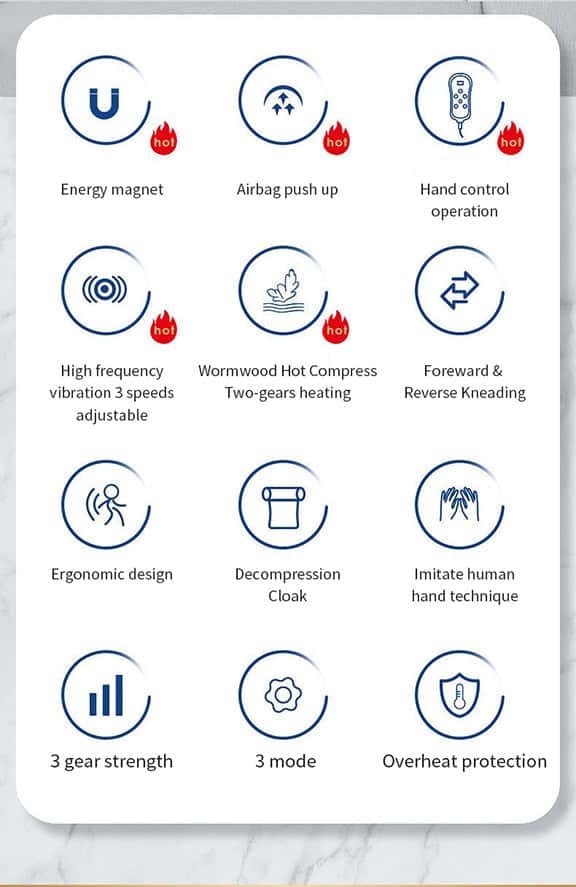

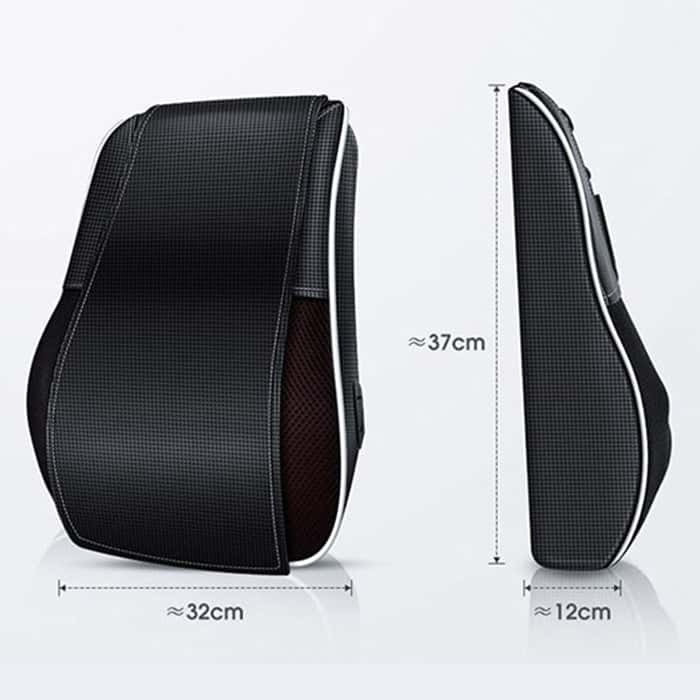


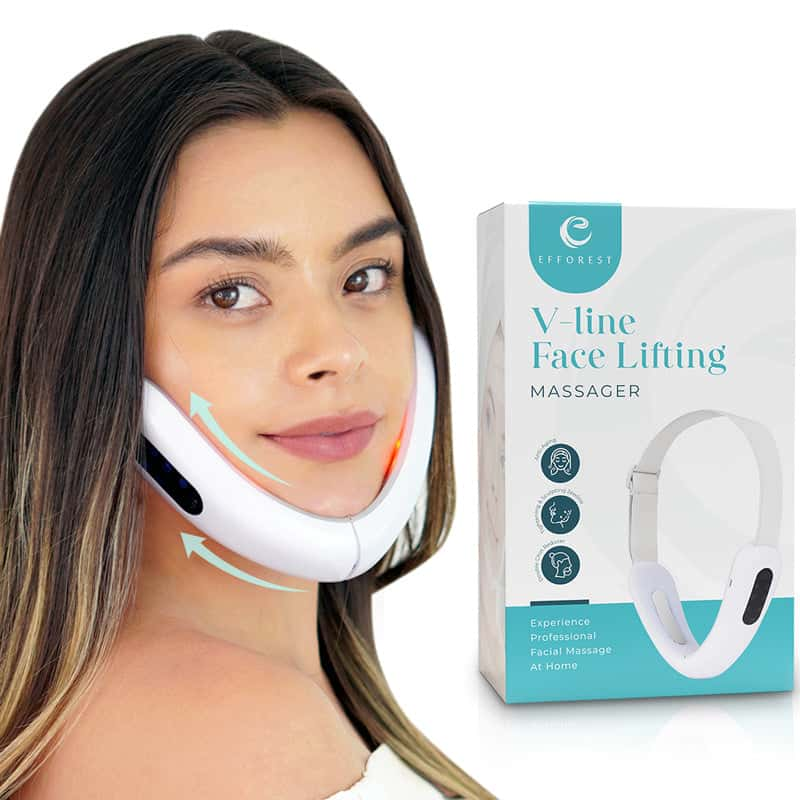




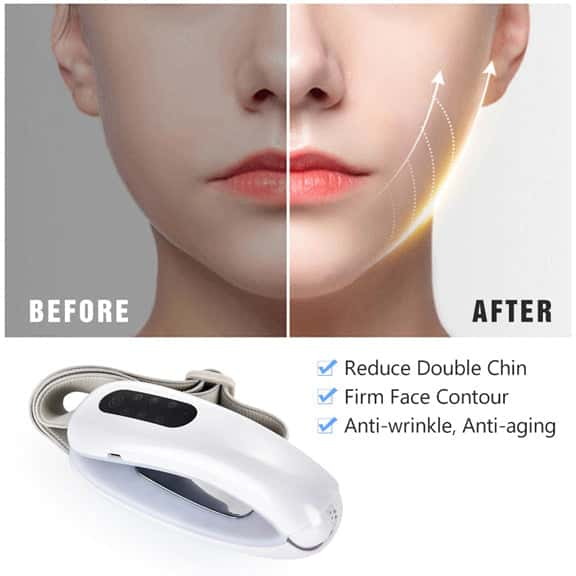




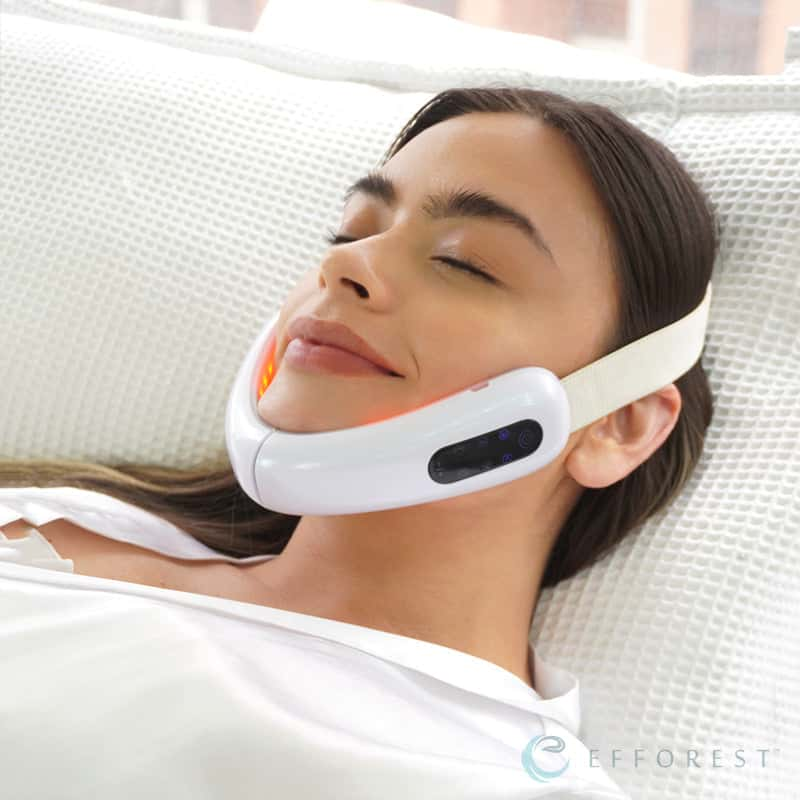

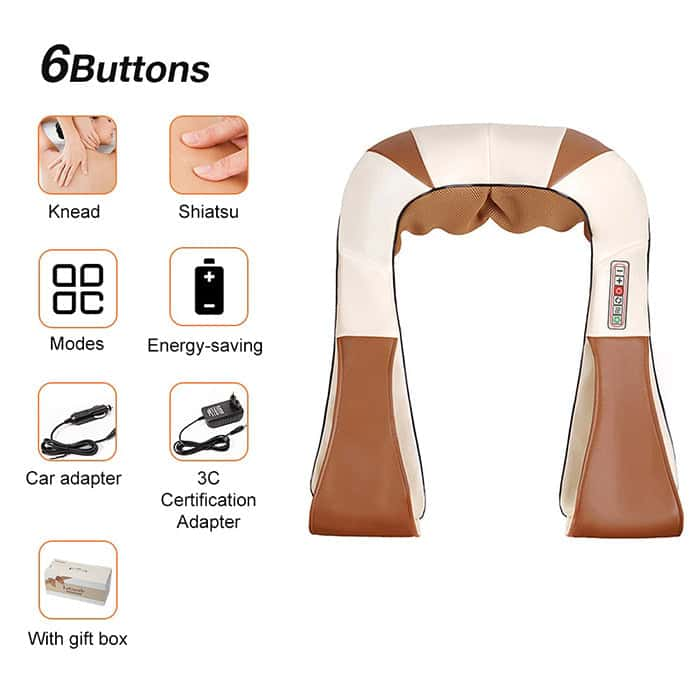


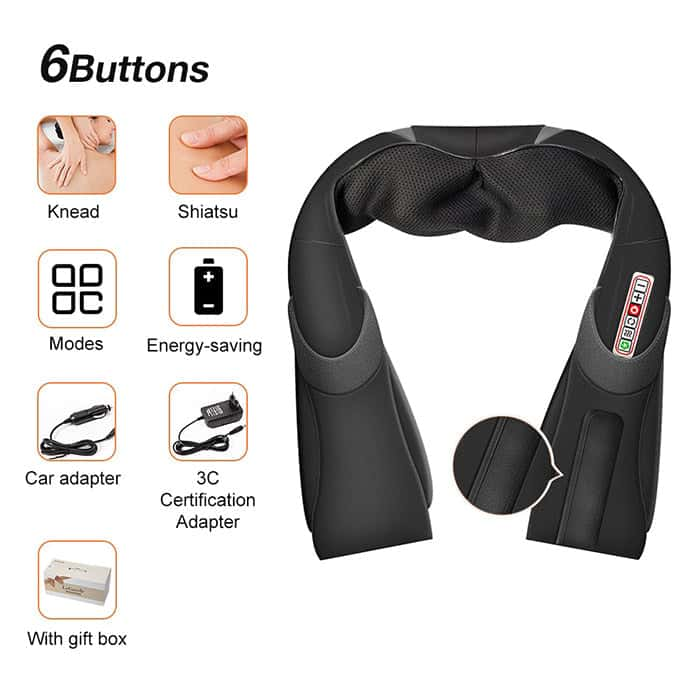

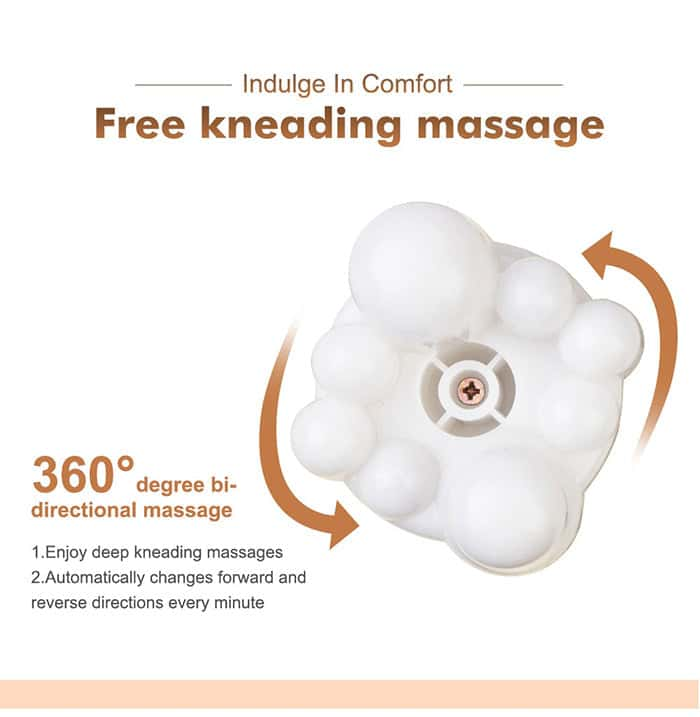


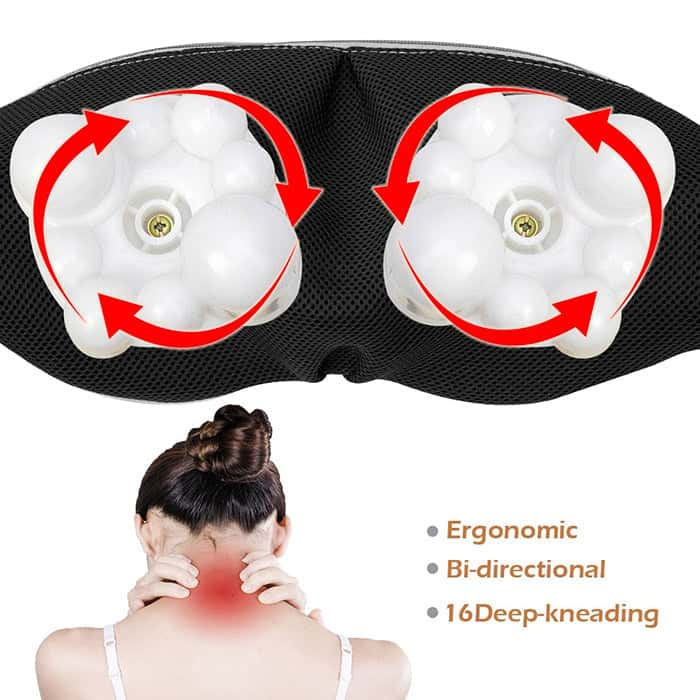

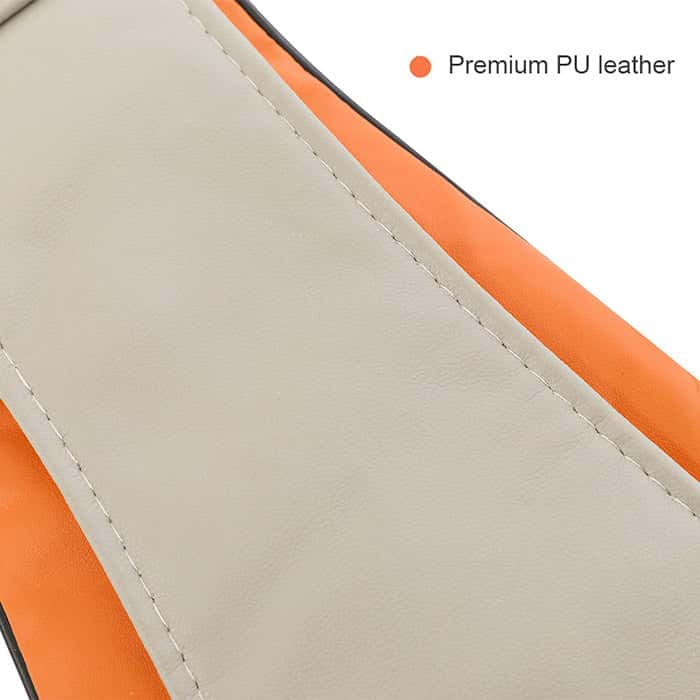
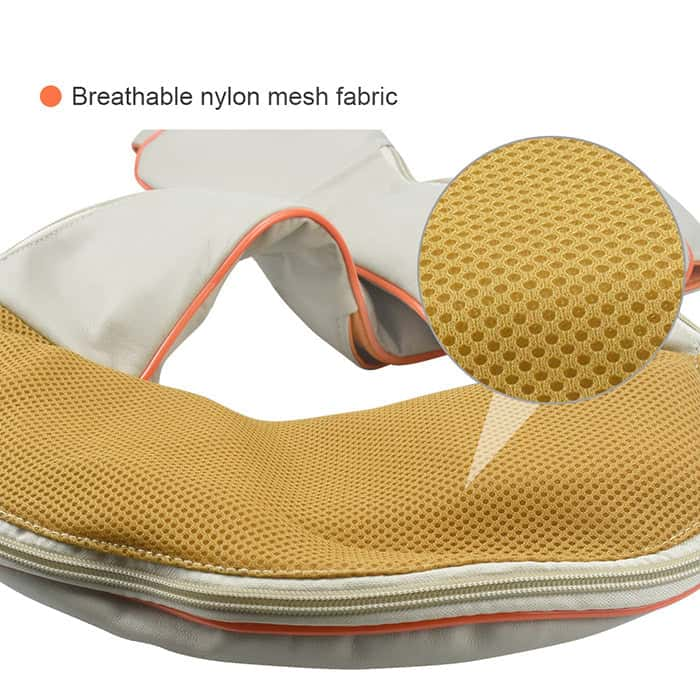


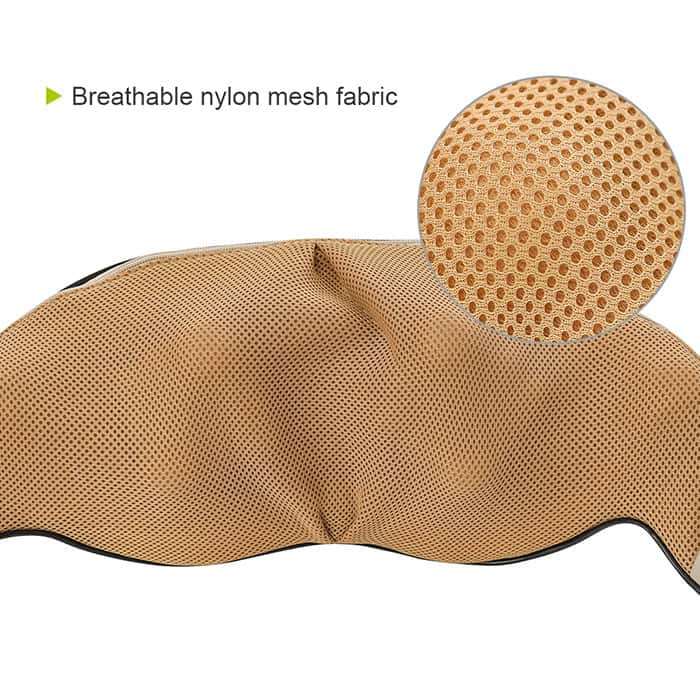
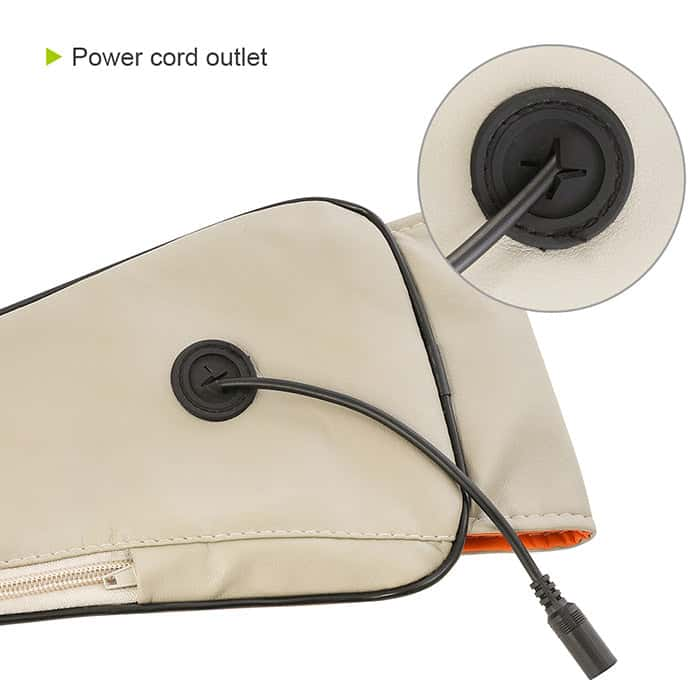

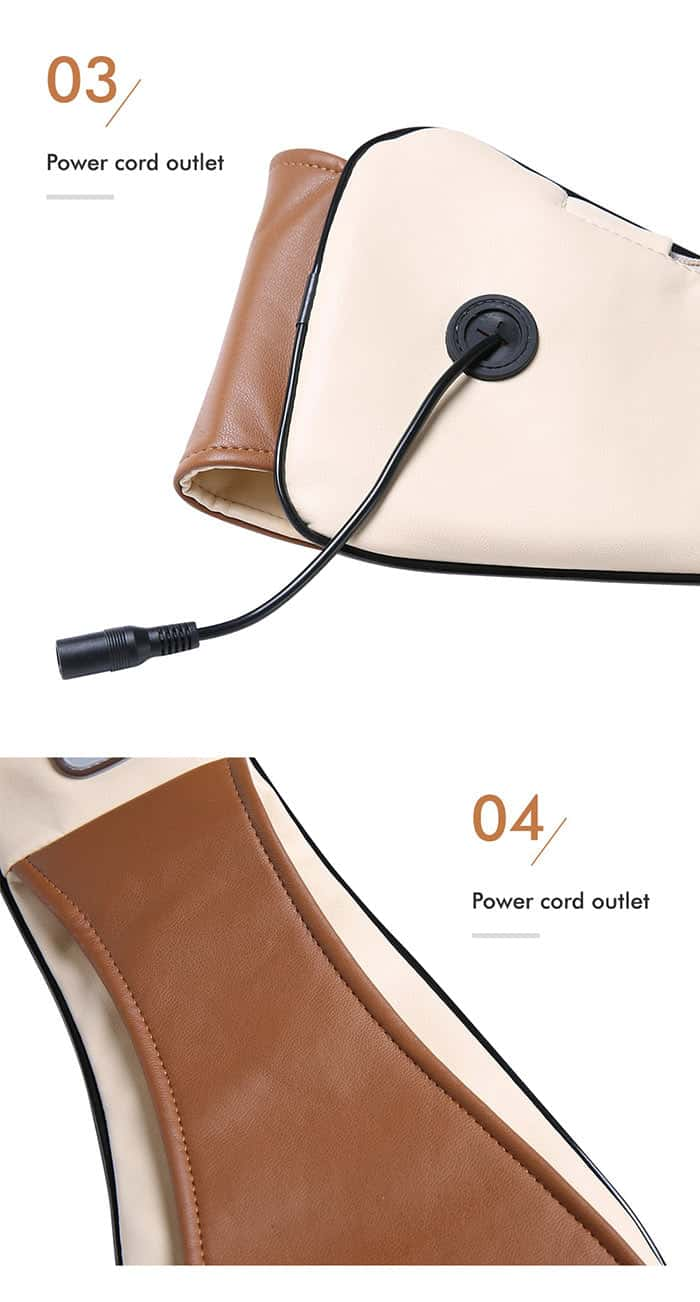
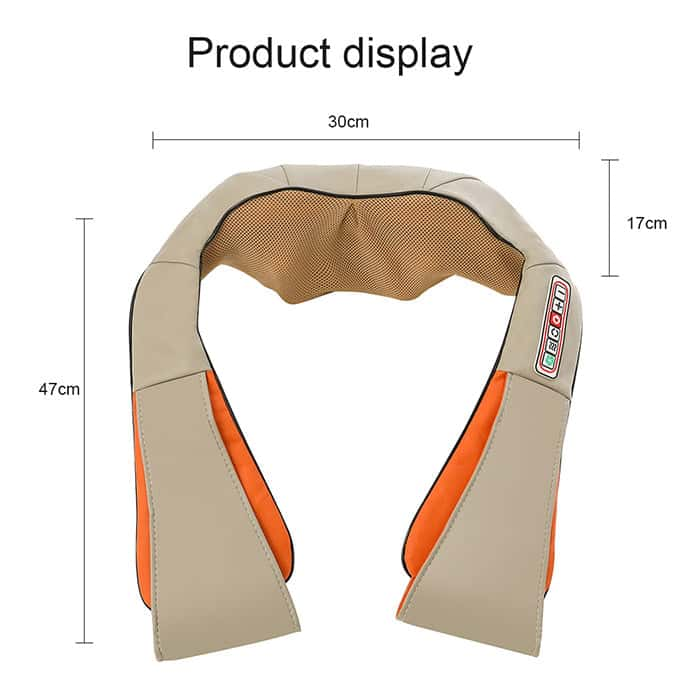



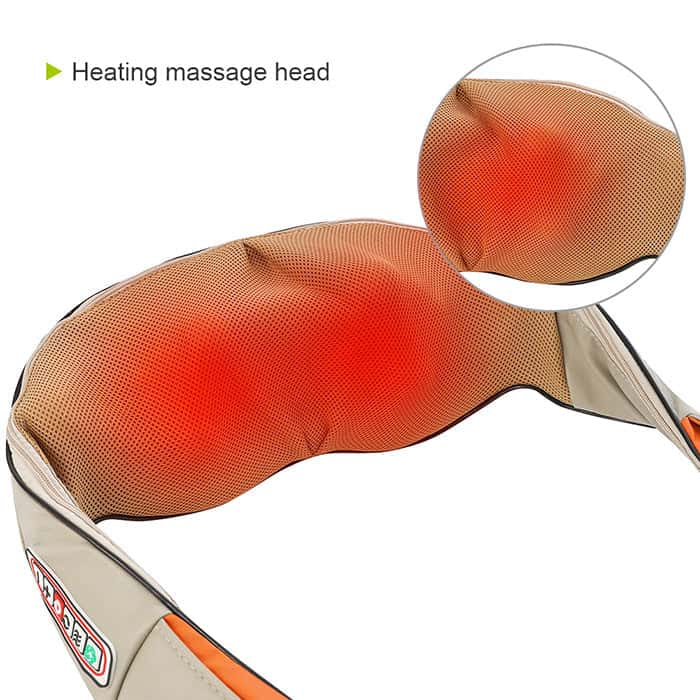


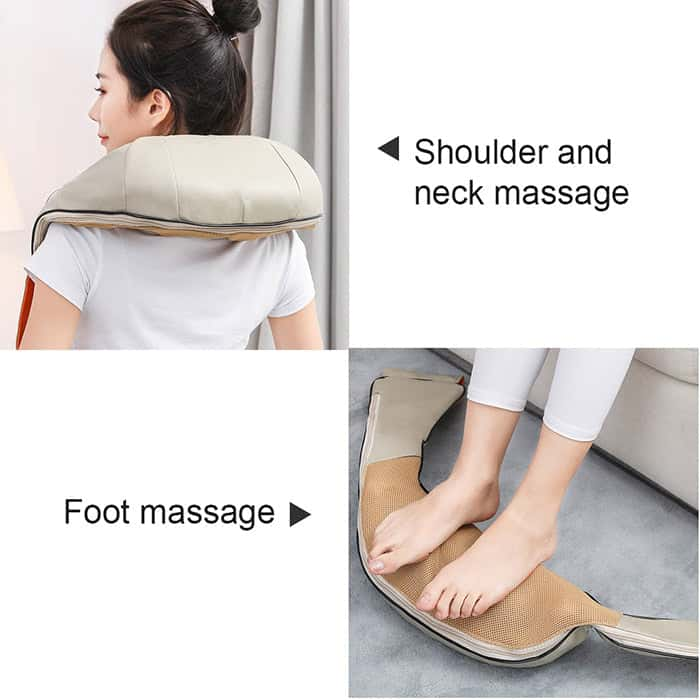



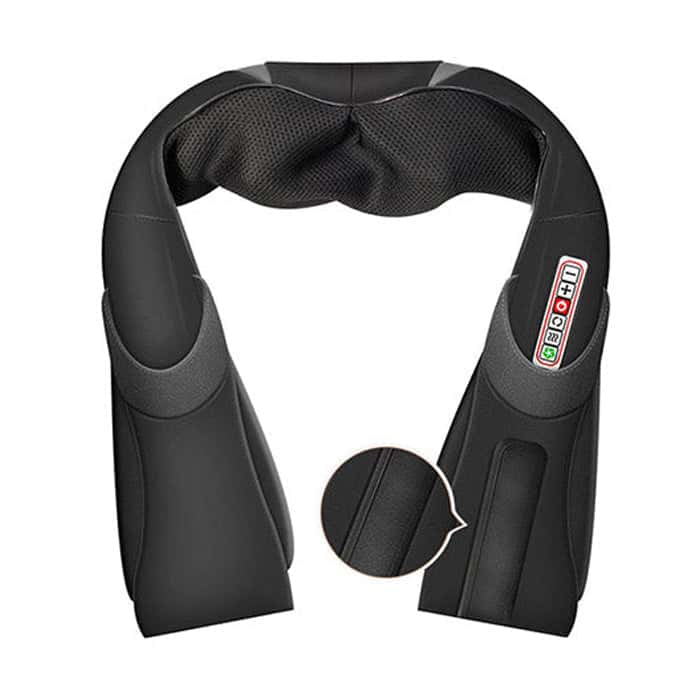
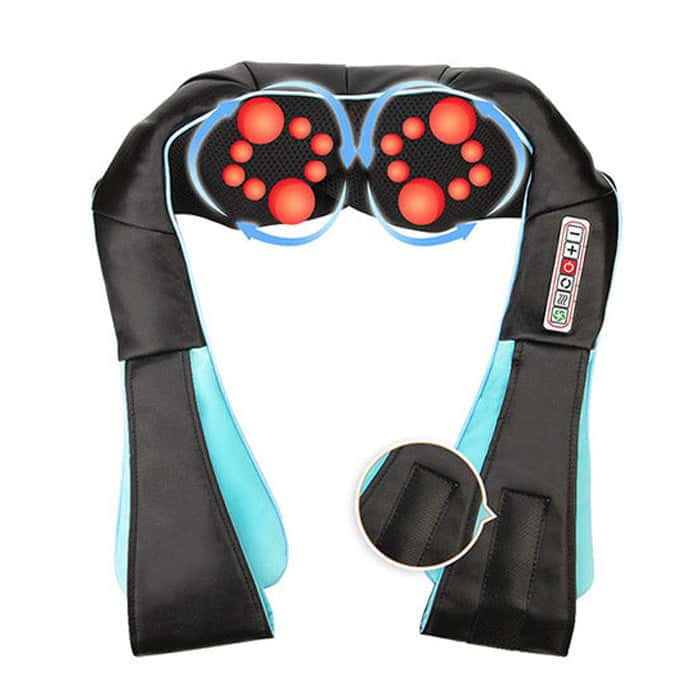
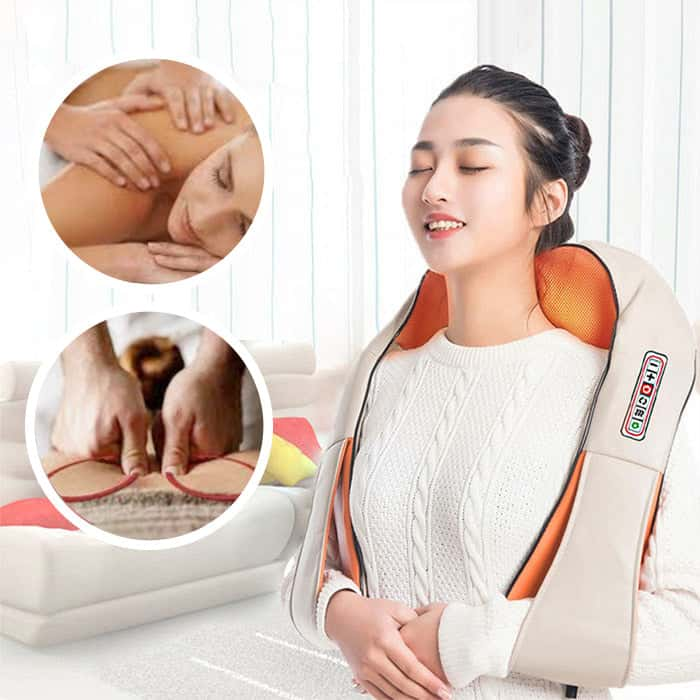
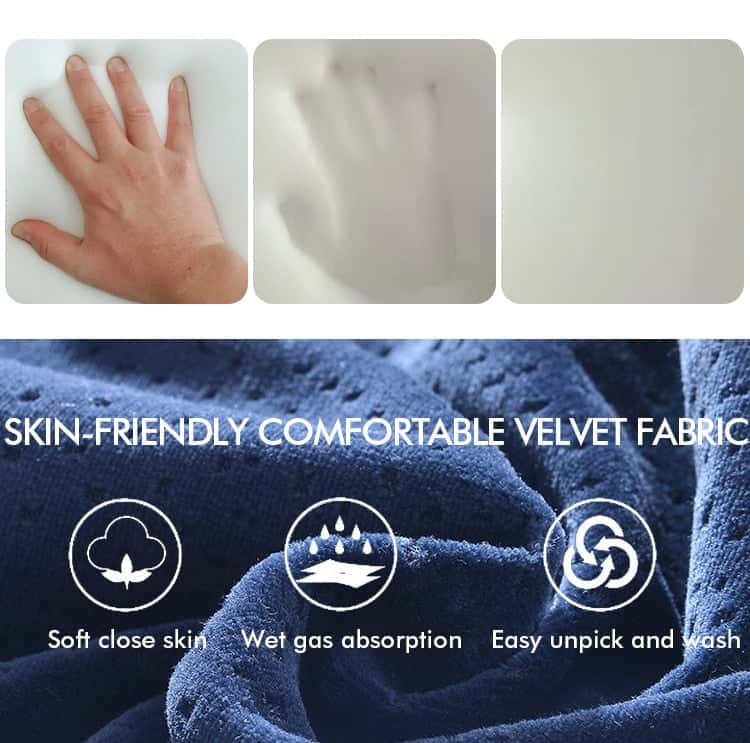

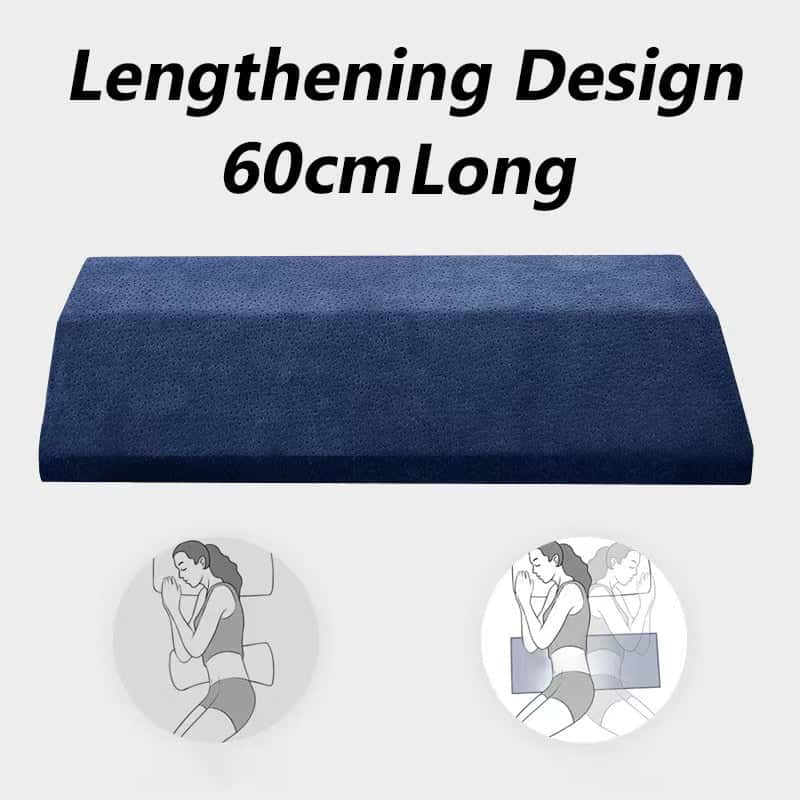
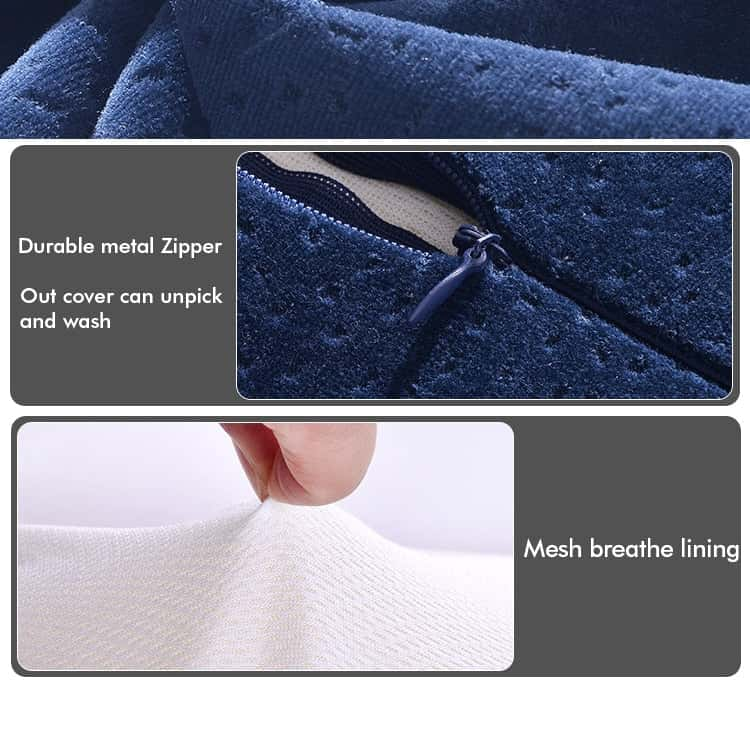
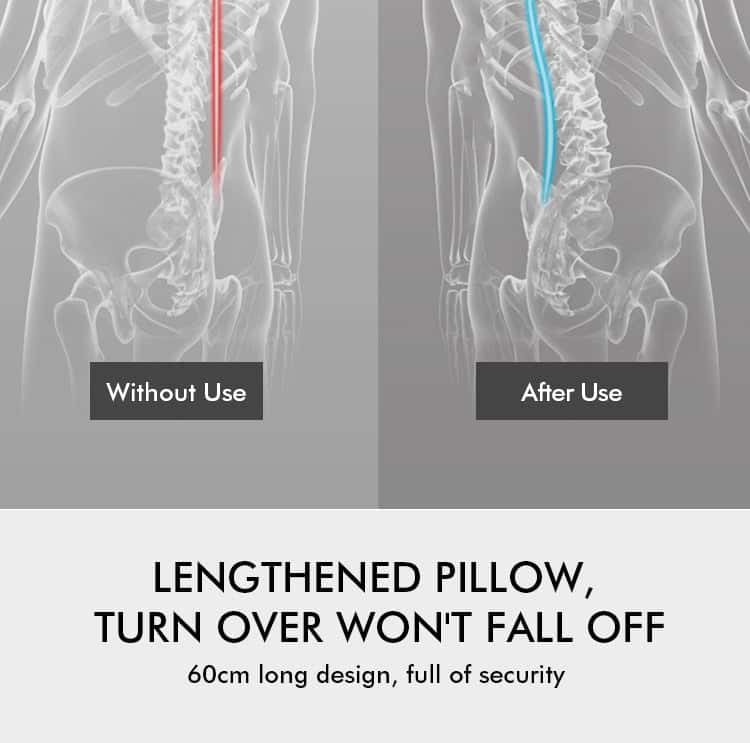
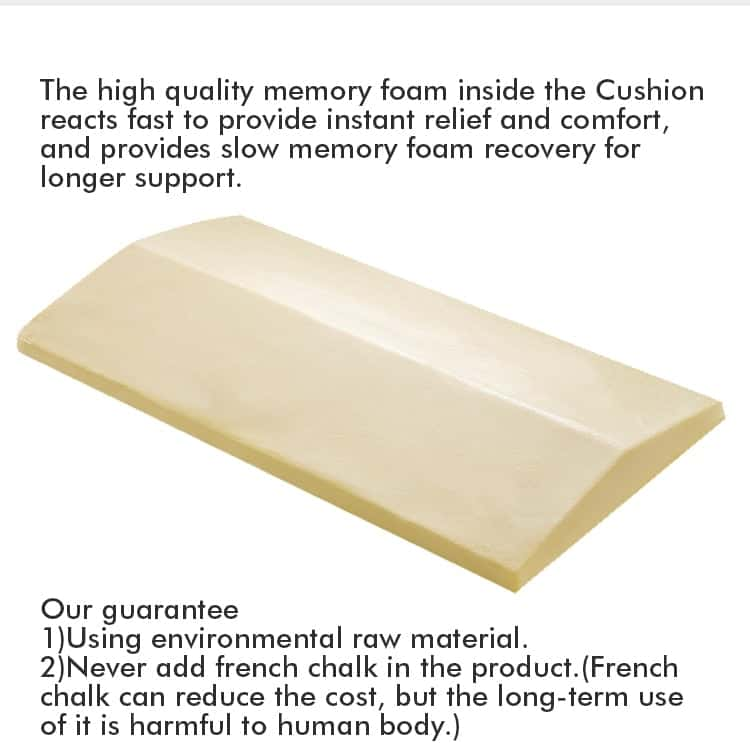
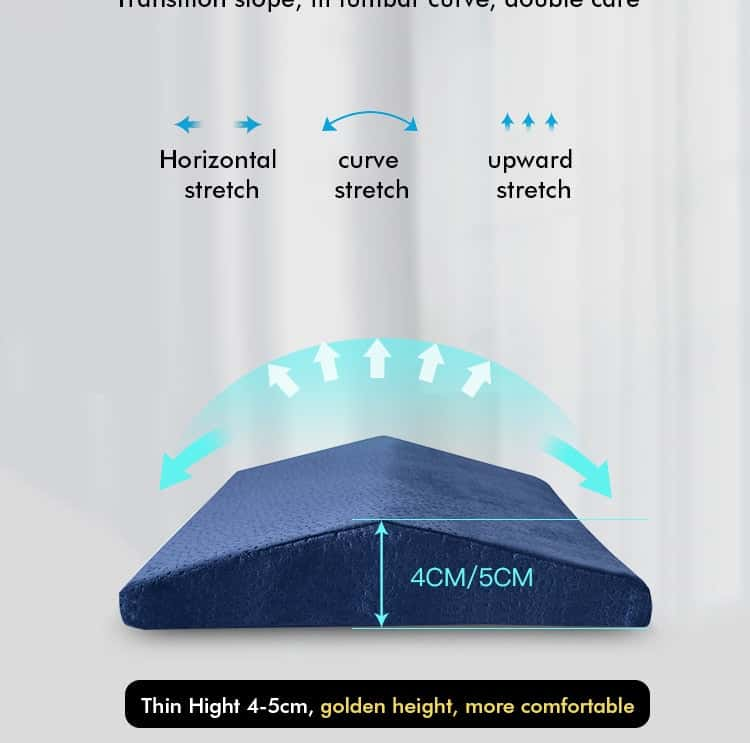
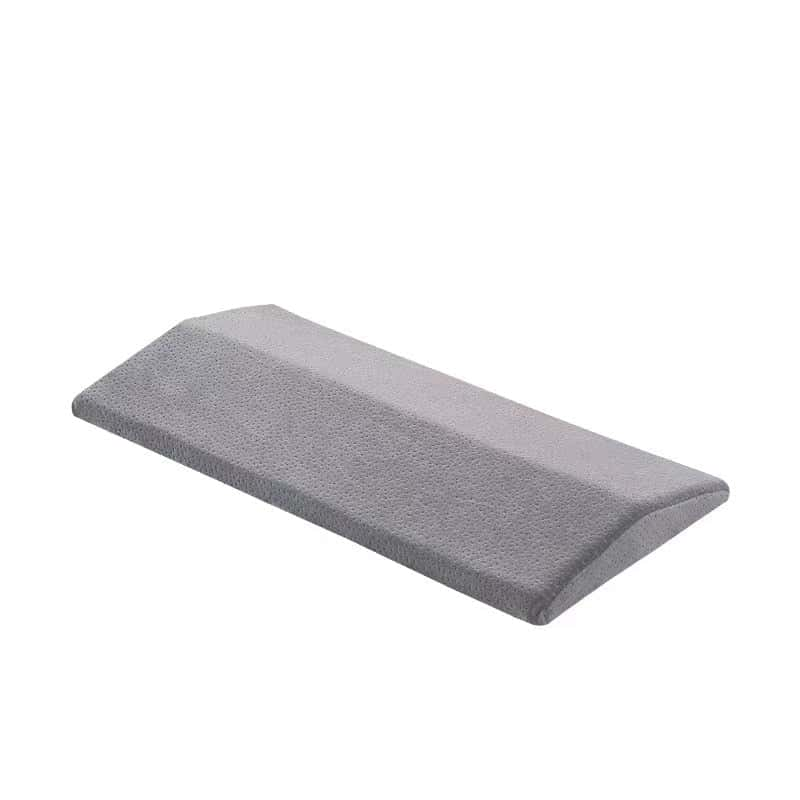
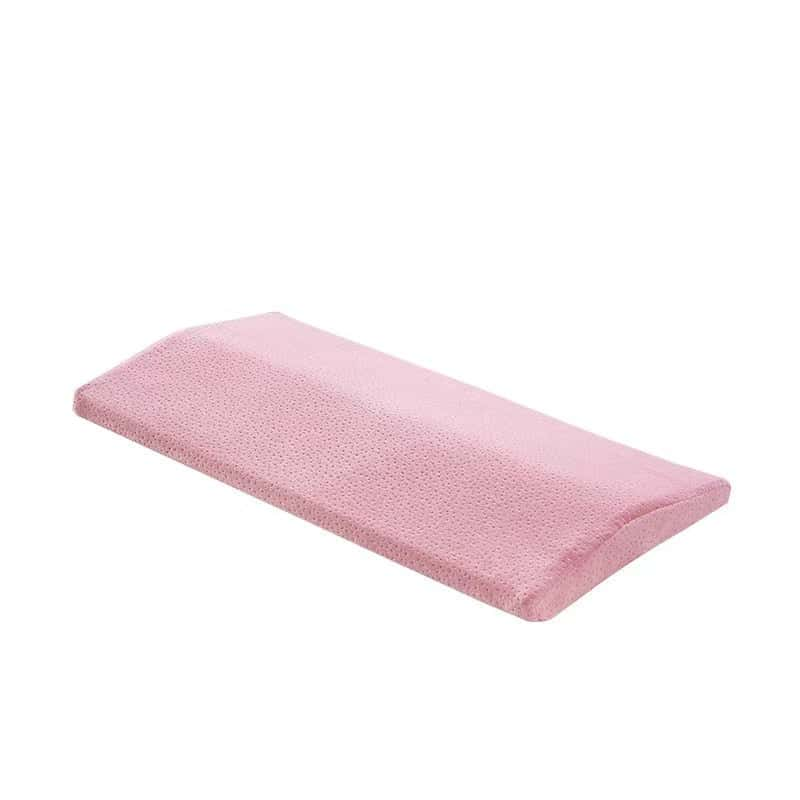
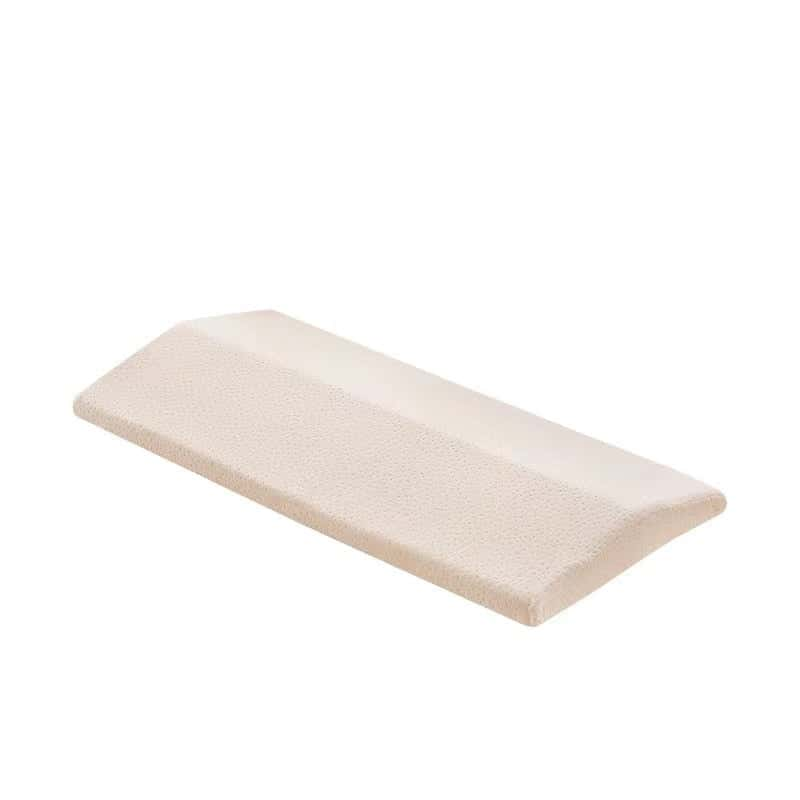
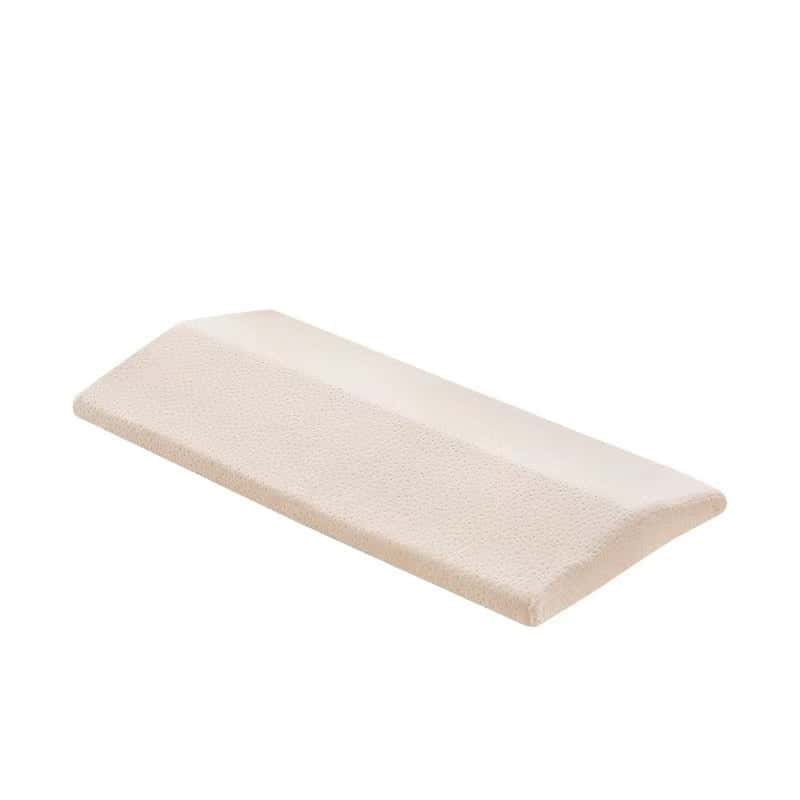
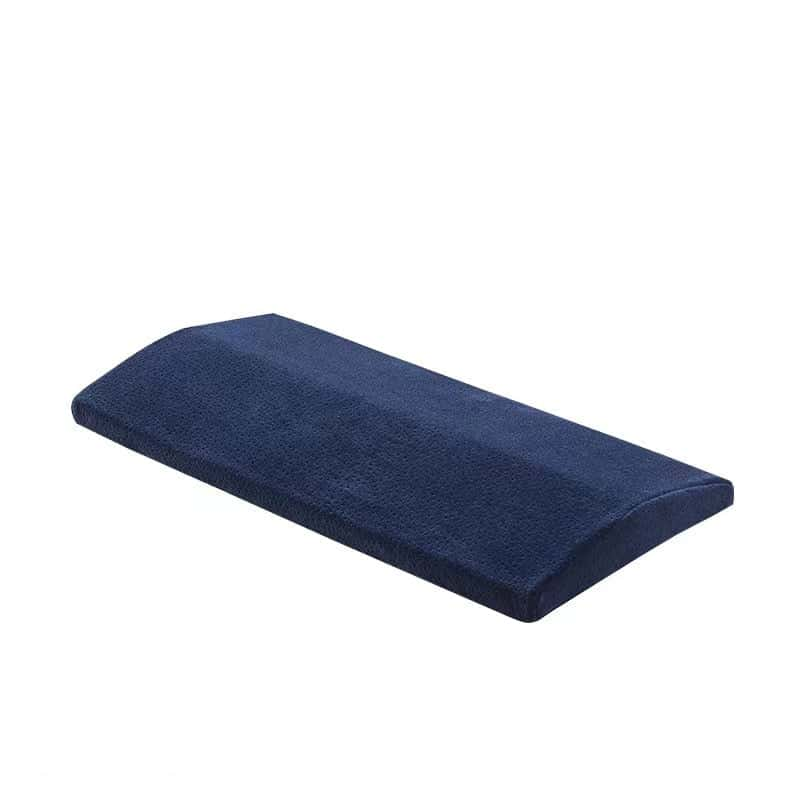
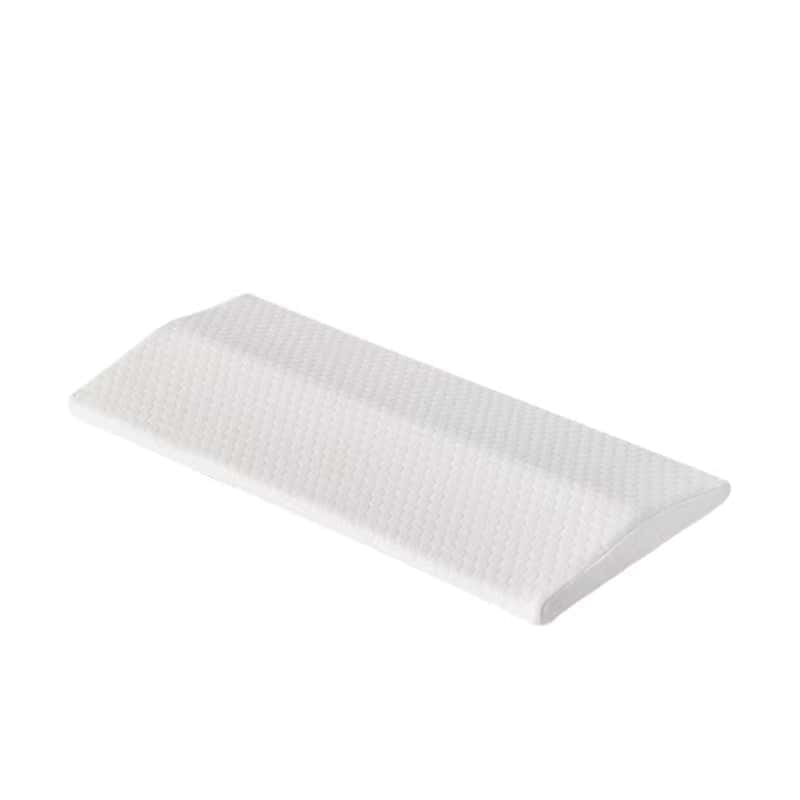
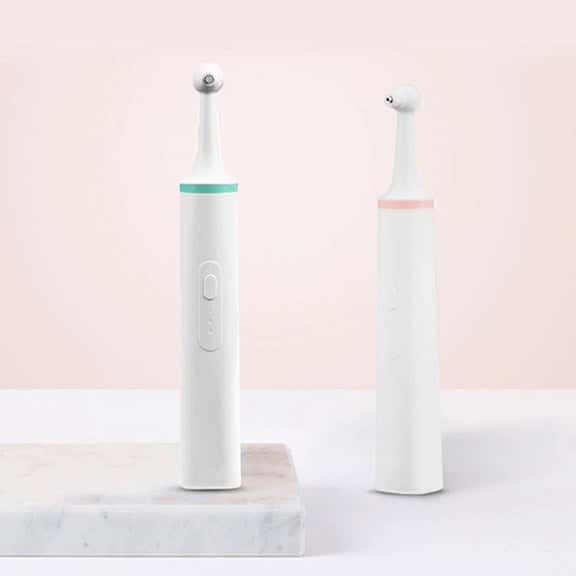

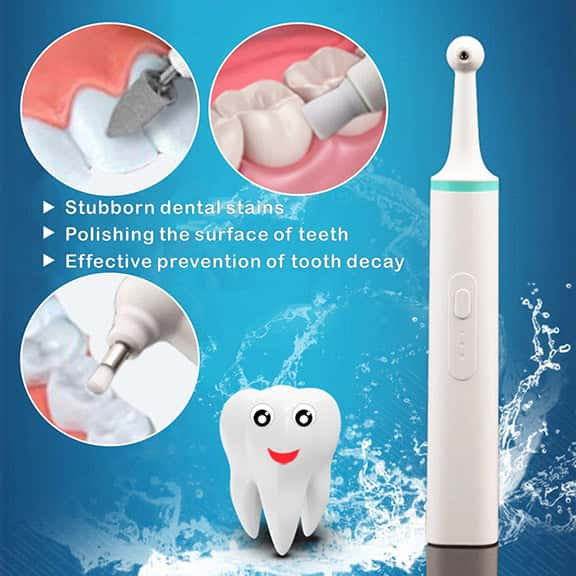
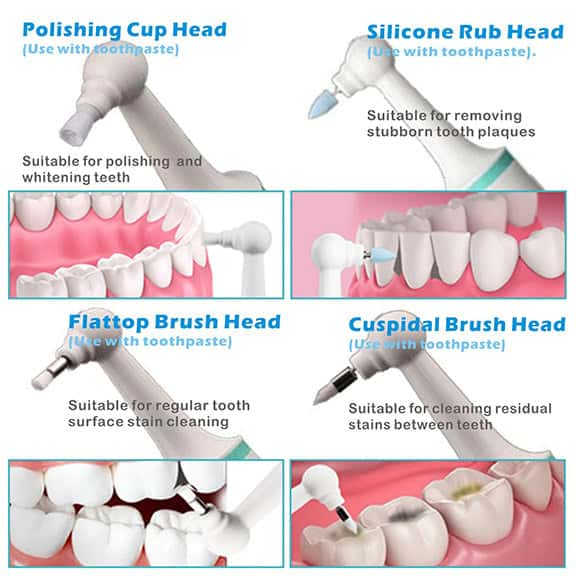
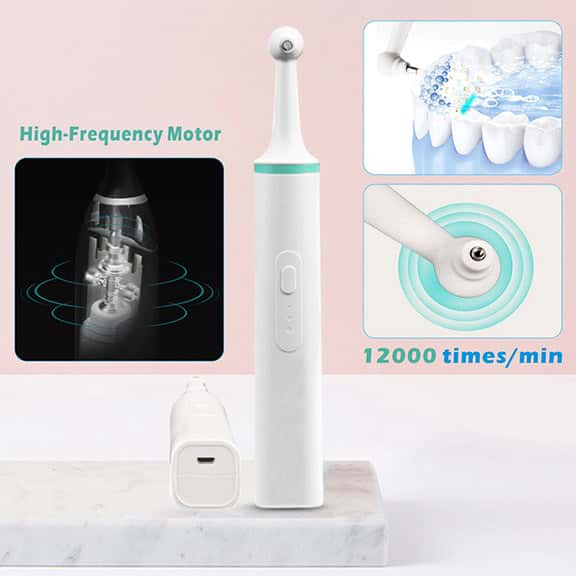
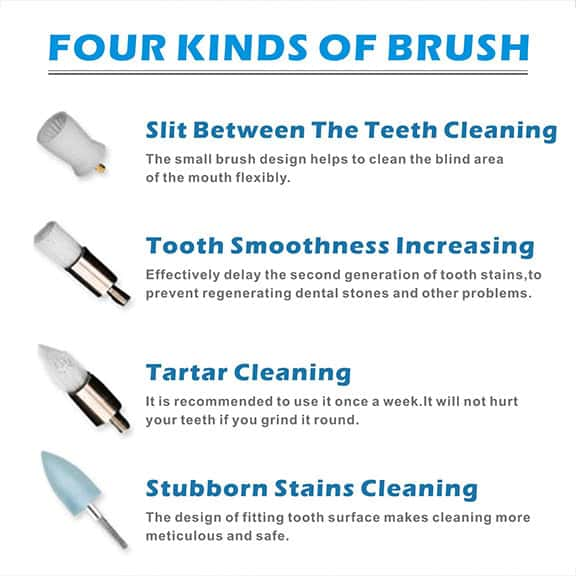

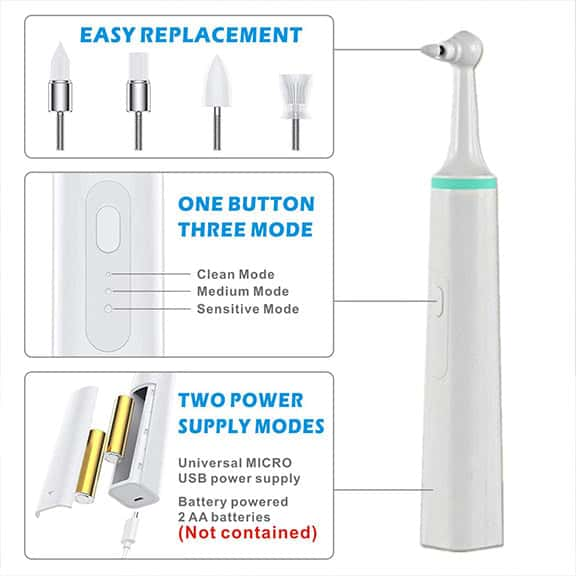
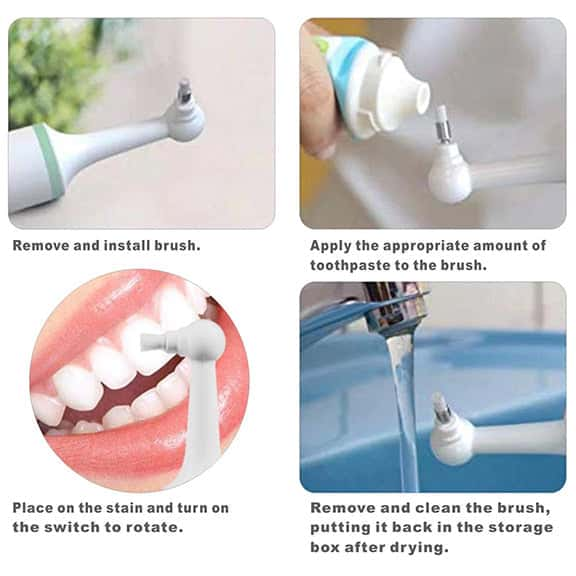
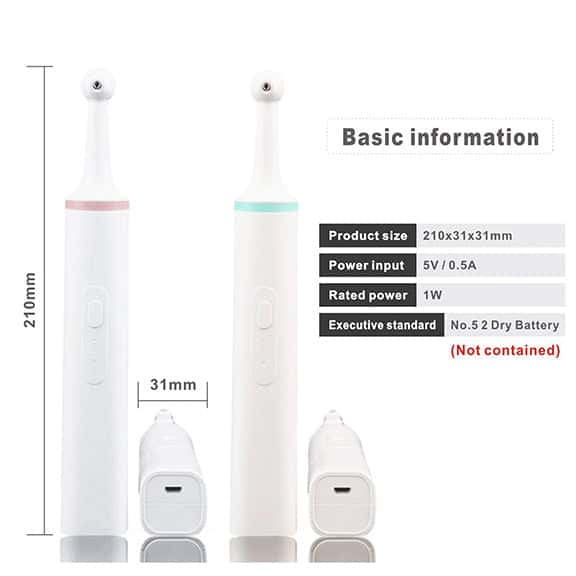
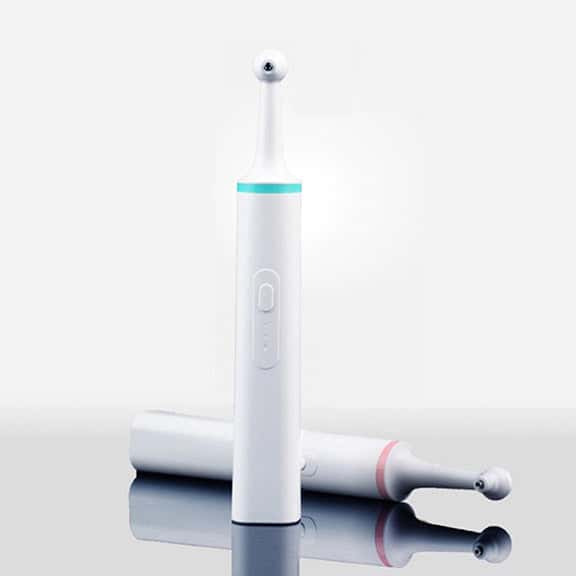
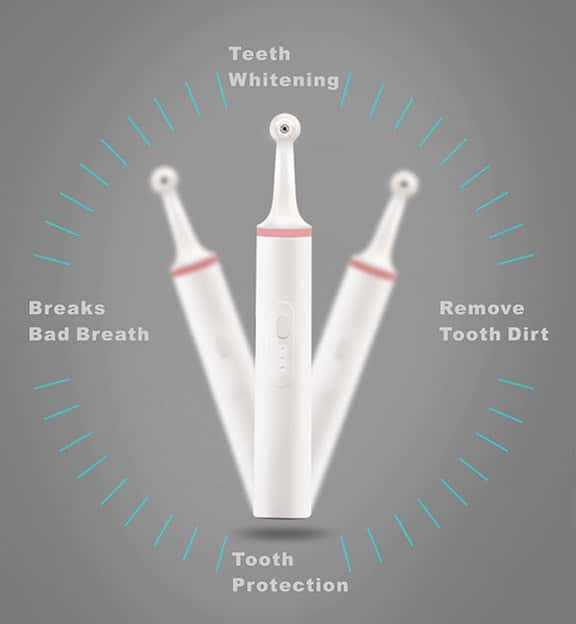









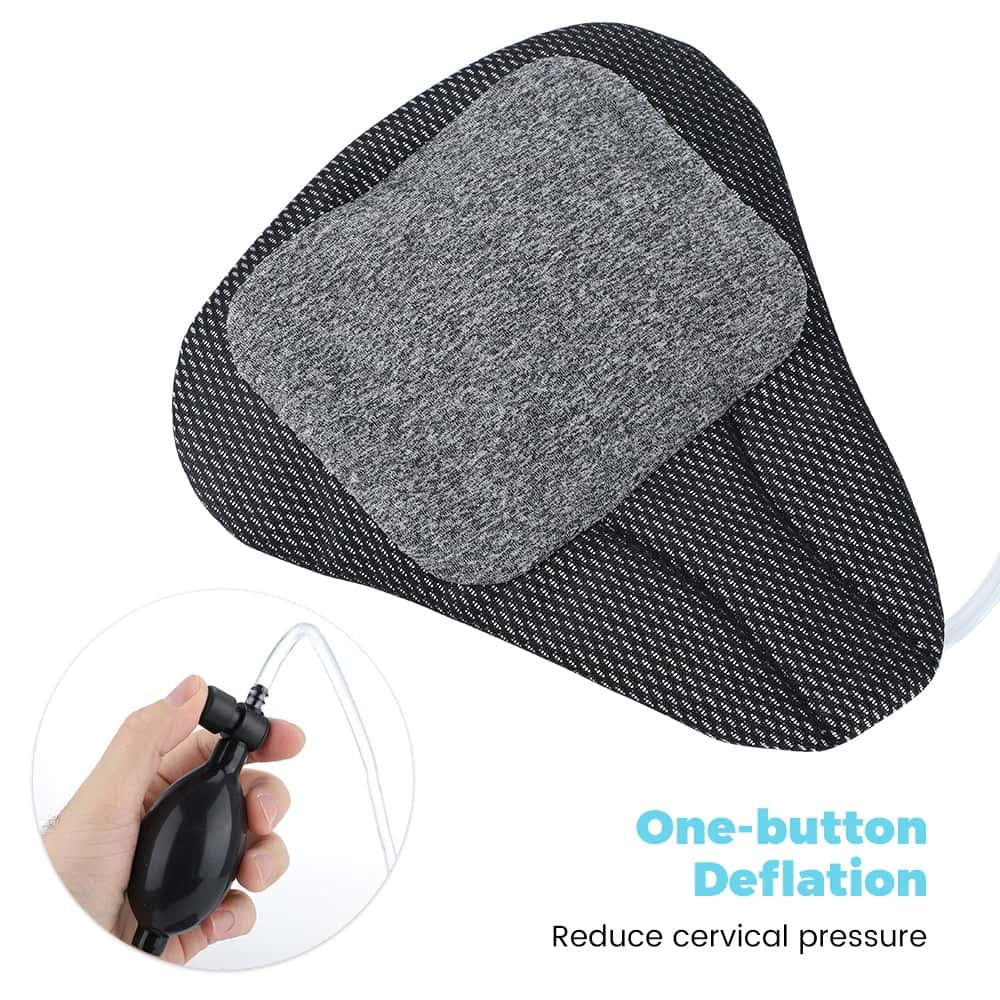

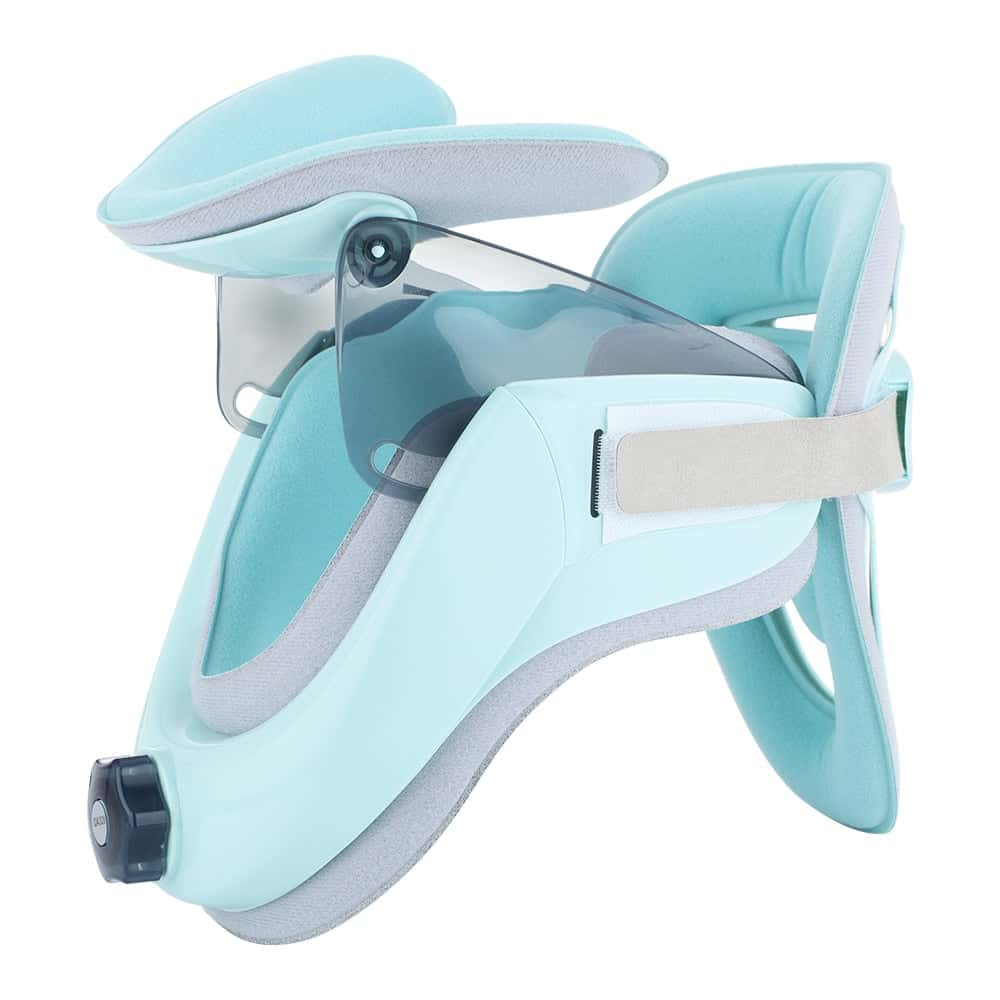

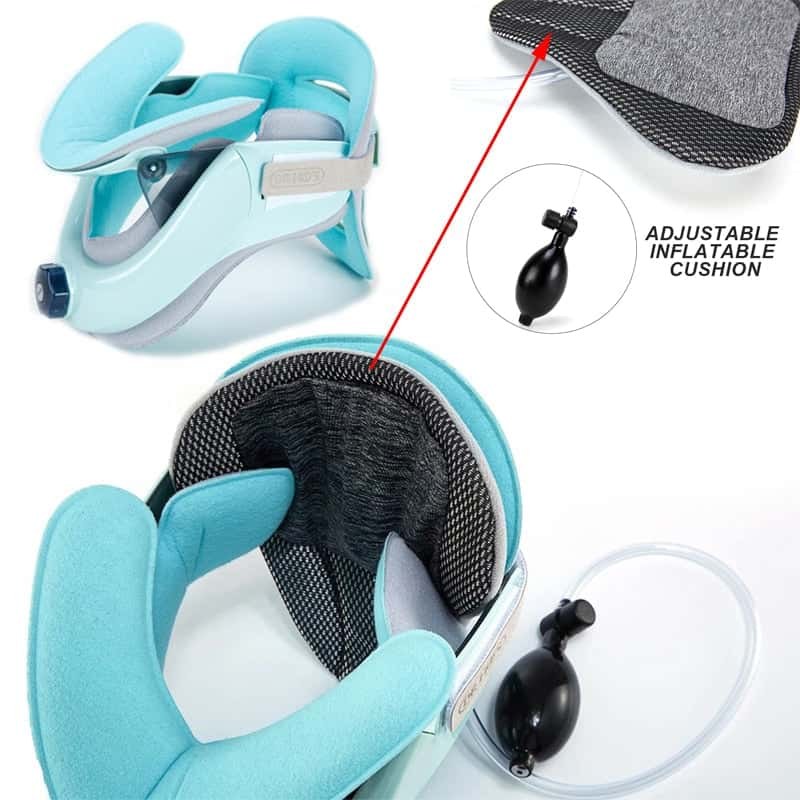
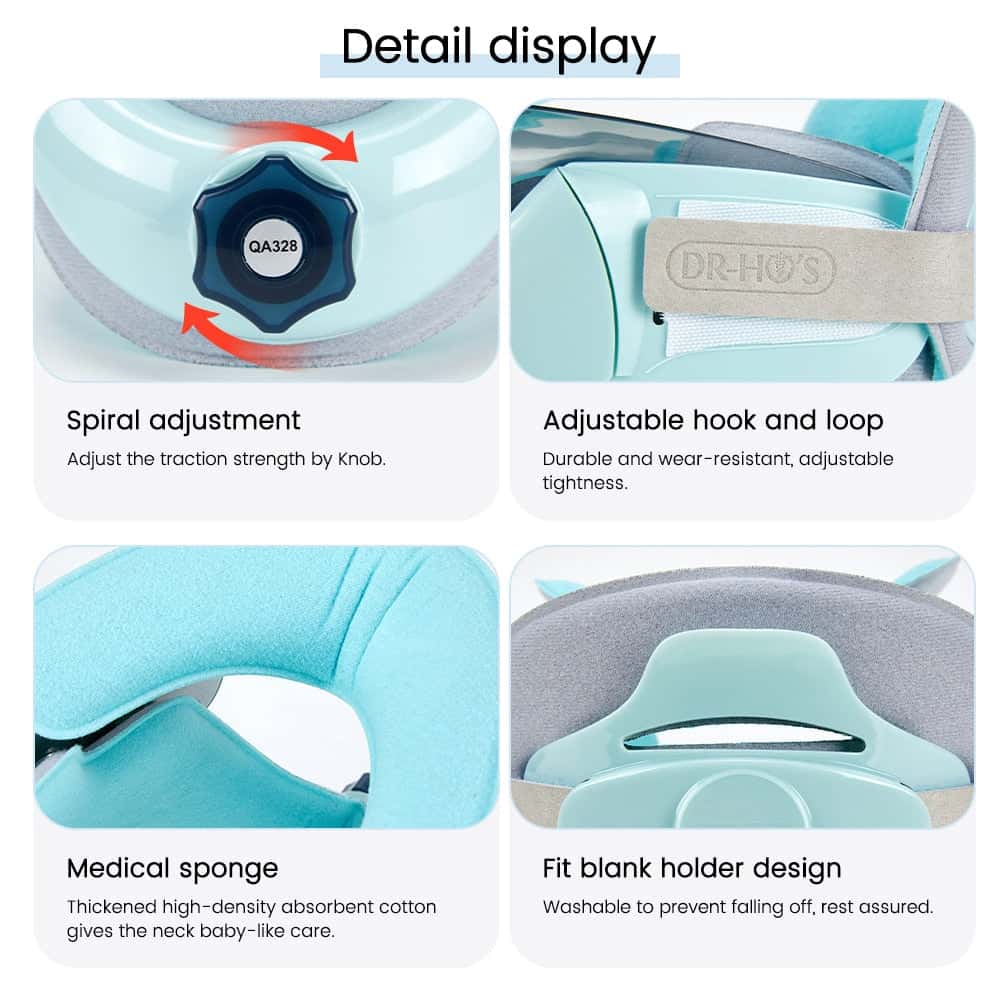

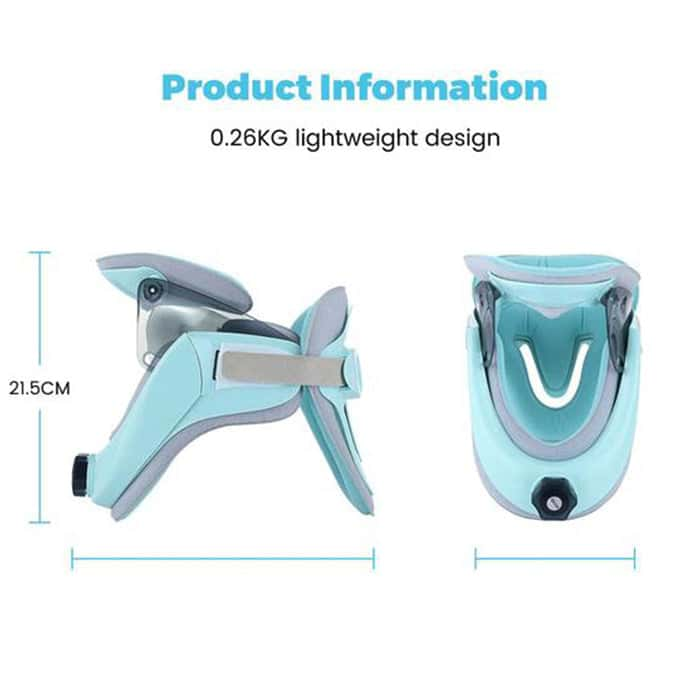






Share and get 15% off!
Simply share this product on one of the following social networks and you will unlock 15% off!